Why choose Wolverhampton Grammar School Sixth Form





















Thank you for your interest in Wolverhampton Grammar School’s Sixth Form. In this prospectus we aim to showcase all the advantages of what we have to offer 16-18 yearolds – in a Sixth Form with a fantastic track record of sending students out into the world with high academic achievement and the confidence, self-reliance and adaptability to thrive in their young adult lives.
Over the years we have evolved our Sixth Form as a true bridge between the GCSE years and whatever you will go onto at age 18, whether that is a top university, technical training, a specialist arts institution, an apprenticeship or direct employment – whatever is best for the individual.
We provide the freedom to grow, the time and space to learn independence, whilst retaining the safety net that only a school can provide.
There is no such thing as a typical WGS Sixth Former: we prize individuality, and the breadth and inclusivity of our learning community comes from the diverse nature of our student body. We nurture and cater to a wide range of interests, academic and extra-curricular. The quality and variety of the pathways our students choose when they leave us – and later, in their careers – reflect a wealth of passion and expertise that they develop during their time at WGS.
Individualised Higher Education and Careers guidance helps everyone make well-informed and fruitful plans.

Our Sixth Form provides over 20 academic courses – a wide selection of A Levels plus two vocational qualifications – and we do not require our students to select from predetermined option blocks. Instead, we ask them what they want to study and build the timetable around their requests. Our students benefit from small class sizes and the attention of expert, subject-specialist teachers who support them to aspire to their highest possible individual achievement.
Academic endeavour is supported by exceptional pastoral care. Our Sixth Form team of highly skilled staff is based in our dedicated Sixth Form Centre, meaning there is always someone on hand for you. Every student is in a small tutor group and, through that group, a member of one of our four Houses.
Our outstanding range of extra-curricular activities and educational visits – the most of any school in the area – enables students to have fun, deepen their friendships and build useful skills for life: whether that is through sport, music, drama, the Duke of Edinburgh’s Award, subject-based and student-led societies, creative arts, student journalism, charities and volunteering – and much more besides.
Our Sixth Formers also benefit from privileged access to our worldwide alumni community, the




Old Wulfrunians – men and women educated at WGS who have gone on to do great things and give the School credit for setting them up to make the most of life. They readily offer professional insights, careers guidance and mentoring to our students.

We look forward to seeing you in School so we can show you how much we have to offer.
 Nic Anderson Acting Head
Nic Anderson Acting Head


As Head of Sixth Form and Higher Education, Rhi leads on the day-today pastoral care and academic progress of our Sixth Form students. She is responsible for the strategic development of the Sixth Form provision at WGS and oversees students’ university applications, including leading a rigorous programme of interviews for early applicants.
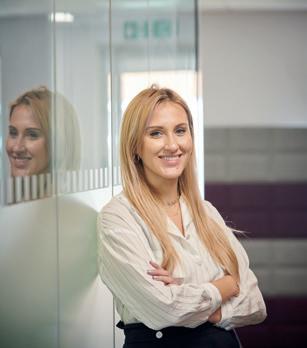
“Working in the Sixth Form affords me the opportunity to have a positive impact on students at one of the most pivotal times of their development. The myriad of conversations I have with students in which they begin to shape their futures is the highlight of my week and a real privilege.”
Hattie is an Old Wulfrunian. She returned to school as a Teacher of English and Assistant Head of Year 9, before moving to the Sixth Form team in September 2020. Hattie is the Assistant Head of Sixth Form, focusing on the pastoral and academic care of all Upper Sixth students.
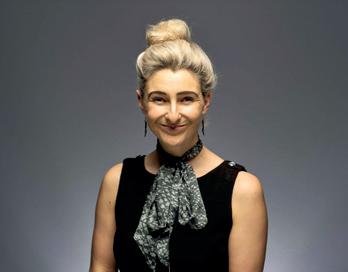
“I love helping to guide our students to make decisions that fulfil both their aspirations and potential. When you have taught students lower down the school it always seems surreal to picture them as your future Doctor, or Business Manager but it’s the highlight of the job for me.”
John has worked at WGS since 2018 and joined the Sixth Form team two years ago. He is responsible for developing and promoting the extra-curricular life of the students, monitoring student satisfaction, raising attainment, developing mentoring opportunities and being an advocate and a positive voice for Sixth Formers. He works alongside the Head of Sixth Form in caring for the Lower Sixth.
“My favourite part of the job is connecting with the students in a positive way, finding out about their hidden talents and learning something new. I love it when I see students step up and lead clubs or groups of students, especially when they generate ideas that are better than ours!”


We are confident that our weekly contact time is region-leading. Each fortnight we teach nearly 11 hours per subject in the Lower Sixth and 10 hours per subject in the Upper Sixth to enable students to better hone their subject knowledge. Enviable staff-to-student ratios, with class sizes not exceeding 15, ensure that we get to know our students extremely well and can help them get the most out of their time at Wolverhampton Grammar School. We have an outstanding academic reputation and track record for helping students successfully enter the university, or other post-18 pathway, of their choice.



From Art to Languages, Business to Psychology, Chemistry to Sport, you can study from a choice of 20 A Levels and 2 Cambridge Technicals. Many of our students also take the Extended Project Qualification. A huge advantage of choosing our Sixth Form is the flexibility in subject choice with no option blocks curtailing combinations. At Wolverhampton Grammar School, we go the extra mile to make your preferred subject options work for you.
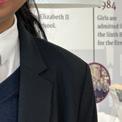
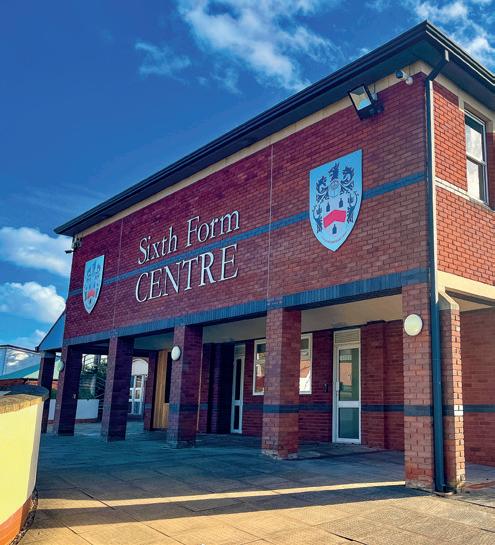



“My favourite thing about WGS is the community, this school has felt like a second family to me. The students and teachers treat each other with kindness and respect. For me personally, I have always struggled with making decisions about my future, and the expert staff have provided me with aid that has helped me greatly throughout my journey and my transition into Sixth Form.”

“Joining Wolverhampton Grammar School was a turning point in my life. It’s more than just a school; it’s a tight-knit community where the teachers push you to excel both academically and personally. At WGS, I’ve discovered new opportunities to pursue my dreams with the help of the careers department. If you’re looking for a place to thrive and reach your full potential, WGS is the perfect choice.”

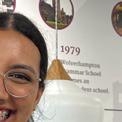
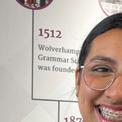



“My favourite element about WGS is the vast range of extra-curricular activities available. Since I joined in Year 7, I have always expressed my love for trying new things in these clubs, and the support from the mentors and teachers around me has encouraged me to step out of my comfort zone and to broaden my school experiences. This has definitely continued during my time in the Sixth Form.”

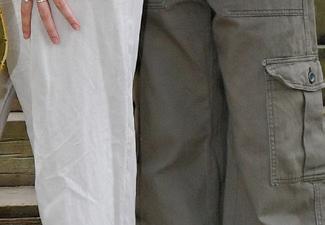
You would expect nothing less than access to the very best inspirational teaching from the top independent school in Wolverhampton.
The academic achievements of our students speak for themselves; but our teachers are proud to deliver much more than that.
All of our teachers are experts in their own academic disciplines, trained and experienced professionals who love their subjects as much as they enjoy
teaching our students. The lessons are lively and challenging, and knowledge here is treasured, opening up minds to a love of learning.
Small class sizes and space for individual tuition enables our teachers to get to know you better. We adapt the curriculum to suit every individual and will encourage you to understand your own learning needs. Boys and girls excel at Wolverhampton Grammar School Sixth Form.
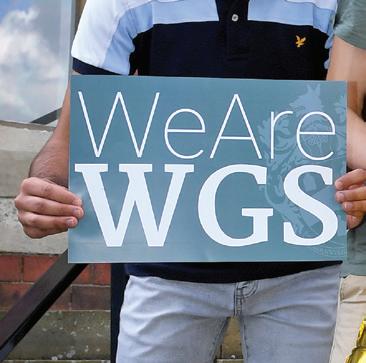

100%
Gained a Merit or higher in the Cambridge Technicals
Our students secure places at the most prestigious universities including Oxford and Cambridge
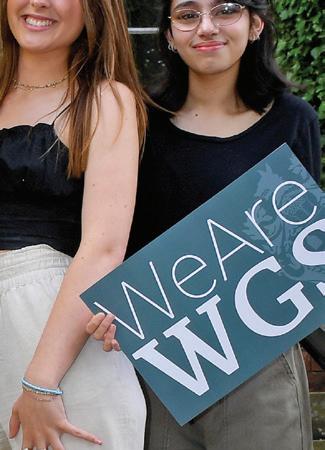


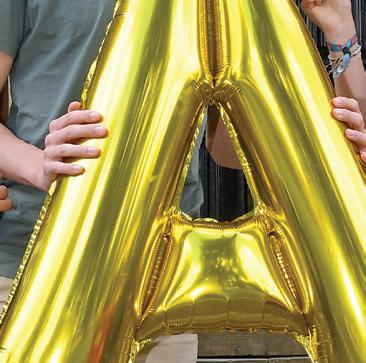

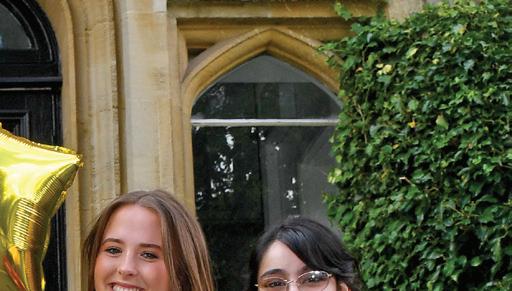
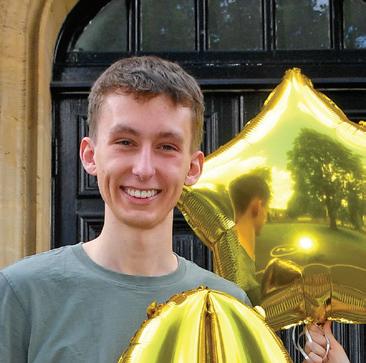
100%
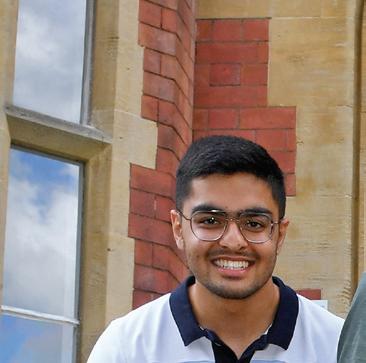
Our Sixth Form team, along with the Exams Officer, ensure every student is supported with the very best pastoral, administrative and exam board guidance.
From assemblies to discuss time management and relaxation techniques, to explaining complex exam processes in a friendly and accessible way – we are always available to students and parents to answer any questions.
Results days can be stressful enough without the worry about what to do once you’ve received your results. We have an expert team available on the day, and beyond, to talk through exam results, grade boundaries and post-results services including reviews of marking and access to scripts – our team will be on hand for however long it takes.
46%
A* and A grades awarded at A Level this year
5 students achieved straight A* grades with 2 awarded 4 A*
Vishwas achieved 4 straight A* at A Level and is in his first year studying Engineering at the University of Oxford.
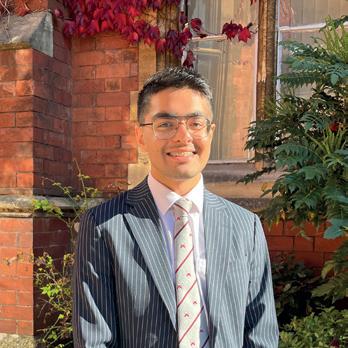
“I received lots of very helpful advice for both Sixth Form and my future aspirations. We were prepared for interviews, visited careers fairs and were shown how to complete a personal statement. Overall, it meant that I felt guided through every stage of the application process, never leaving me feeling lost.”
74%
A* – B grades at A Level this year
Specialists in Oxbridge, Medicine, Veterinary and Dentistry applications
Personalised support on Results Day
Adjustment and Clearing advice –making sure you get the university place you deserve
MANCHESTER UNIVERSITY
LANCASTER UNIVERSITY
YORK UNIVERSITY
HULL
LIVERPOOL UNIVERSITY
LIVERPOOL JOHN MOORES UNIVERSITY
ASTON UNIVERSITY
BIRMINGHAM CITY UNIVERSITY
BIRMINGHAM UNIVERSITY
WOLVERHAMPTON UNIVERSITY
SWANSEA UNIVERSITY
CARDIFF UNIVERSITY
BRISTOL UNIVERSITY
BATH UNIVERSITY
PLYMOUTH UNIVERSITY
ARTS UNIVERSITY PLYMOUTH
EXETER UNIVERSITY
KEELE UNIVERSITY
HARPER AND KEELE VETERINARY SCHOOL
LOUGHBOROUGH UNIVERSITY
LEICESTER UNIVERSITY
COVENTRY UNIVERSITY
WARWICK UNIVERSITY
UNIVERSITY COLLEGE, LONDON
READING UNIVERSITY
OXFORD UNIVERSITY
Aston University Pharmacy; Politics with International Relations
Bath University Chemistry with a professional placement or study abroad
Birmingham City University
Birmingham University
Cyber Security with a Foundation Year
Aerospace Engineering; Business Management with Marketing; Law; Pharmacy; English Language and Linguistics; Economics
Bristol University Medicine
Cardiff University
Biological Sciences
Coventry University Business Management
Exeter University
Computer Science with Industrial Experience; Film & Television Studies with Study Abroad; Economics with Industrial Experience
Harper and Keele Veterinary School Veterinary Medicine and Surgery
Hull York Medical School Medicine
Keele University
Lancaster University
Leeds University
Leicester University
Liverpool John Moores University
Liverpool University
Loughborough University
Manchester University
Oxford University
Plymouth University
Arts University Plymouth
Reading University
Neuroscience and Psychology; Biomedical Science
Computer Science
Mechanical Engineering; Automotive Engineering
Accounting and Finance; Computer Science; Business and Management
Sports Journalism; Product Design Engineering; Animal Behaviour with a Foundation Year
Philosophy; History; Psychology; Medicine
Business Analytics (with a placement year)
Accounting and Finance; Chemical Engineering; Geography; Medicine
Mathematics; Engineering
Psychology with an Integrated Foundation Year
Fine Art (Extended Degree)
Business and Management with a placement year
Swansea University Pharmacy
UCL (University College London)
Warwick University
Wolverhampton University
York University
Anthropology
Mechanical Engineering; Law with Study Abroad in English
Pharmaceutical Science; Property Management and Real Estate with a Sandwich Placement
Biomedical Sciences
Our Sixth Formers really enjoy having their own dedicated Sixth Form Centre. This houses several classrooms, a seminar room for assemblies and workshops, a fantastic bright and airy library modelled on the facilities of leading universities, and a large Sixth Form Common Room and Café.

The Common Room is a welcoming communal place to relax and socialise or to work in small groups and there are computer facilities available throughout the Sixth Form Centre. Students wishing to carry out quiet study also have the option of moving just across the corridor into the Sixth Form Library which is a silent work space for our students and is overseen by a member of staff who is also available to support them with their studies.
In addition to the Sixth Form Centre, students use the extensive playing fields, tennis courts, astro, gymnasium, dance studio and sports hall. They also come across to the main school hall, known affectionately as ‘Big School’, for assemblies and other events.




“The first thing that struck me about WGS was the frictionless transition from Year 11 into the Sixth Form. This feeling was enhanced through the wide range of facilities such as the sixth form library, that we can use during our free periods. Not only is it a quiet working place for us, it also prepares us for university life.
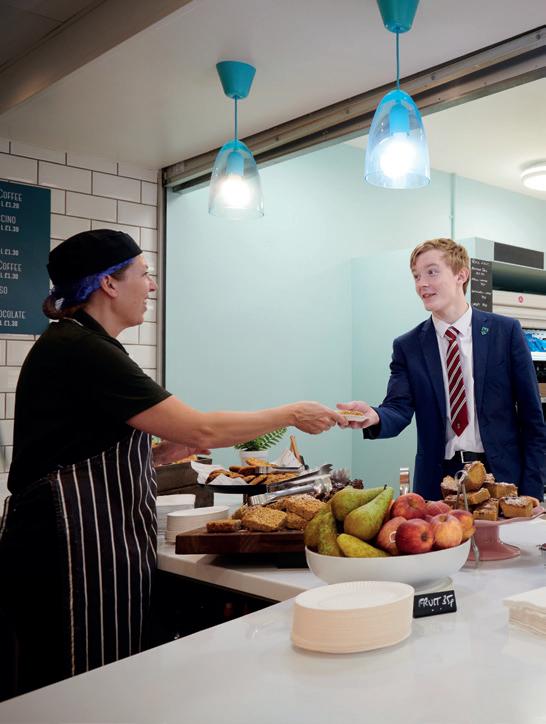
I also believe that WGS is unique due to the recent introduction of the house system. I am in Offley House where our values are: kindness, community and respect. ”
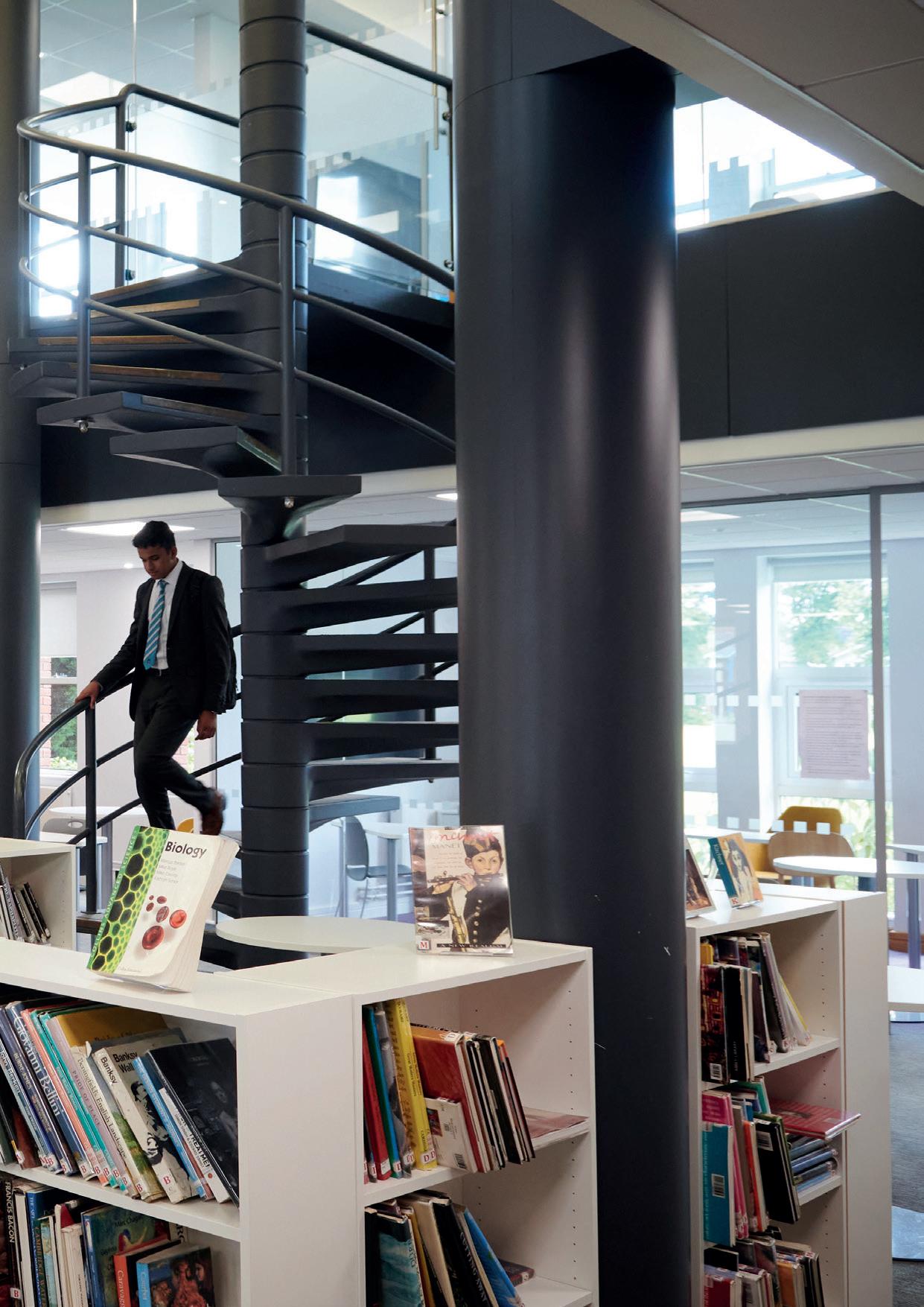






























































Careers education for our Sixth Form students is bespoke, innovative and life changing. All students are exposed to a variety of future pathways and are well equipped for the diverse and everchanging jobs market.
Our students attend university visits, degree apprenticeships workshops and also undertake a rigorous Higher Education programme delivered by our Head of Sixth Form to support their transition into post-18 life. Regular employer engagements using our established network of Old Wulfrunians and local businesses, accompanied by our annual work experience programmes, provide our students with up-to-date knowledge of opportunities in the employment world.
Our Head of Careers, Miss Kailey, and Mrs Hind, Careers Adviser, are always on hand to provide advice and guidance. In addition, an abundance of careers literature, handpicked by the staff and students of WGS, guarantees that a tailored range of information is always readily available. The opportunity to join our Careers
Education Committee allows students to develop and drive our provision further, enabling them to make their mark on the future employability of WGS students.

As always, our commitment to best prepare our students for their futures remains our top priority. As such, our careers education is annually updated and designed in the best interests of the Wolverhampton Grammar School community.

“Careers education at WGS is an infrastructure that nurtures purpose, passion, potential and professionalism in all students we serve.”
ASHA KAILEY HEAD OF CAREERS
Ellie studied Fine Art, Theatre Studies and English Language at A Level and is now currently studying Fine Art at Newcastle University. (The BA Fine Art degree at Newcastle University is ranked 2nd in the UK in the Guardian University Guide 2022.)




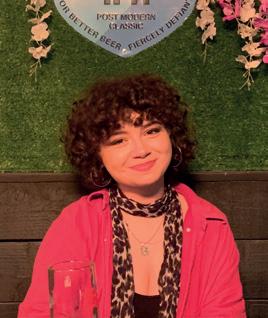
Ellie says: “WGS gave me the crucial building blocks to become a conscientious and dependable individual at university and beyond. From Year 6 to Sixth Form, WGS guided me through a big portion of my childhood, enriched me with the extra-curricular activities such as music and drama, and prepared me perfectly for further study and moreI would not change a thing! My time at WGS was so valuable and I have the dedicated teachers to thank. They are all so passionate about their subjects and adept at teaching them; for that I will always be grateful.”
Jaiya joined WGS in 2000 and studied Art, Chemistry and Maths at A Level. She then went on to study Chemistry at Nottingham University and has since studied an ICAS and qualified as a Chartered Accountant. She has also recently completed a Women’s Leadership course at the Saïd Business School at Oxford University.
“WGS nurtured every aspect of who I am. I remember being able to find balance and receive support for anything I wanted to explore, whether it was climbing Cotopaxi or receiving recognition as an artist through
teachers buying and commissioning my work. Without the care and warmth I received during Sixth Form, I wouldn’t have been able to complete my A Levels to such a high standard. I’m truly grateful for those people who supported and looked out for me during that time. I was also extremely unsure of what I wanted to study at university given my attraction to the arts and sciences. I received counsel and kindness on this journey from the Sixth Form department who entertained my constantly changing ideas about what/who I wanted to be!”



















“There were a series of open events, induction days and information evenings which meant that I was fully informed about the subjects I wanted to take and what to expect from Sixth Form. The range of careers lessons also equipped me for life beyond Sixth Form by helping evaluate the options I should take and carefully decide on the best career path for me. This has enabled me to study subjects I love whilst feeling confident that they will help in pursuing my chosen career.”
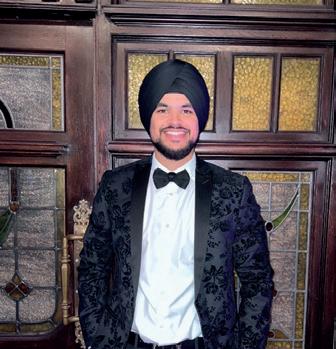



































Callum joined WGS in 2009 and went on to study Medicine at Cardiff University. He is now a Junior Doctor at New Cross Hospital, Wolverhampton.
Callum says: “I look back on my time at WGS with the fondest of memories. Within the School’s nurturing environment I was provided with countless opportunities and support to pursue the career of my choice. However, most importantly I formed lifelong friendships for which I will always be grateful.”
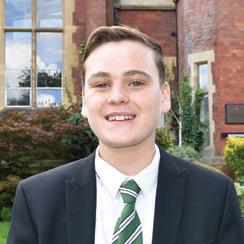
Entering Sixth Form is another big step in your educational journey and you may need some support to help you settle, particularly if you are joining from another school. Rest assured, there is plenty on offer to make the transition to our upper years seamless. The Sixth Form team are based within the Sixth Form Centre and are always on hand.
In addition, Sixth Formers have two dedicated tutors who they see twice a day – their primary responsibility is to care for their tutees; to provide support and guidance and build positive, strong relationships within the tutor group.
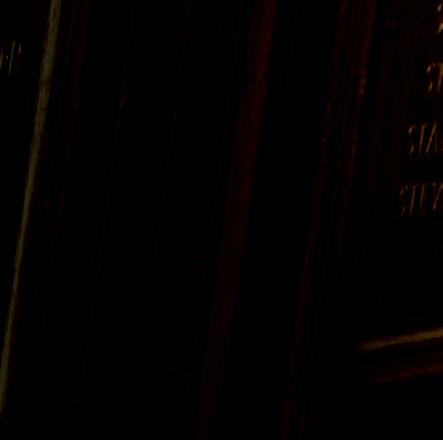
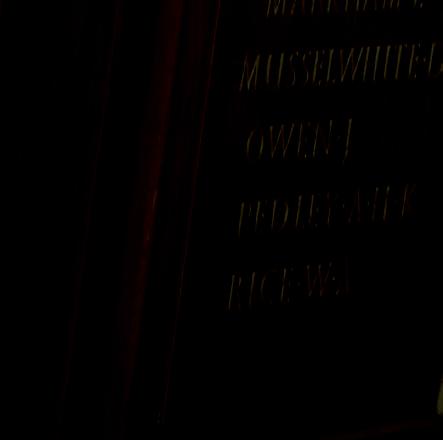
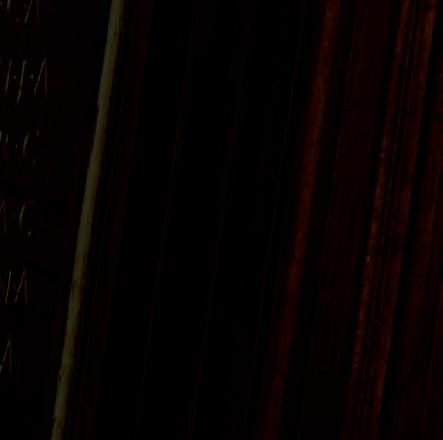
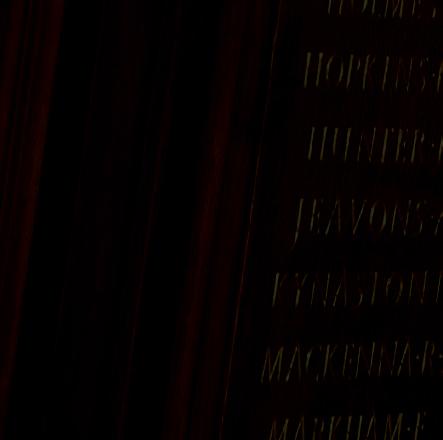
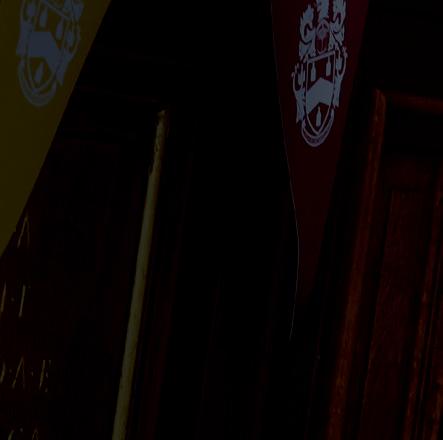
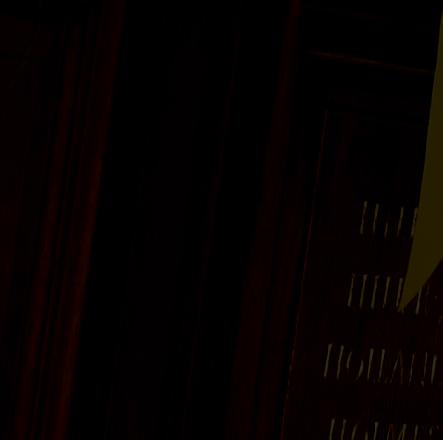
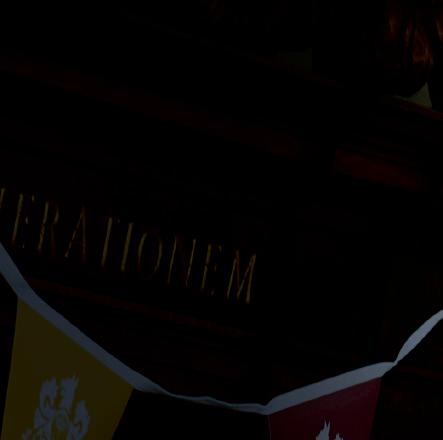
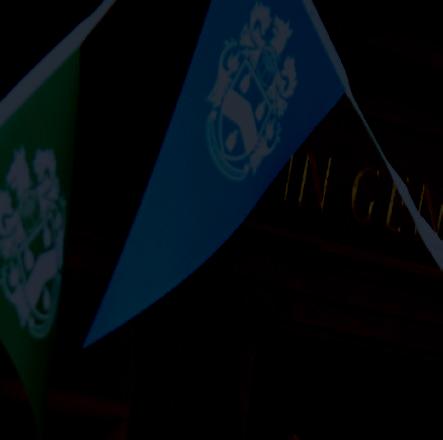
The House system which is at the centre of school life further enhances our outstanding pastoral care, enabling students to build relationships across year-groups. The House system spans Years 8 to Upper Sixth and by doing so, encourages reciprocal opportunities for leadership, mentoring advice and support between students of different ages. The tutor group becomes part of a larger House family made up of Heads of House and Assistant Heads of House, House tutors, staff and students.
From time to time Sixth Formers may meet with Mrs Abbi, School Counsellor for one-to-one appointments or for exam drop-in sessions and other workshops. Mrs Keeley, Head of Wellbeing, also arranges guest speakers and covers topics within the Wellbeing curriculum that help students with wider issues such as healthy eating, mental health, first aid, personal safety, personal finance and interview techniques to name but a few. This helps with building life skills alongside academic study and builds self-confidence and self-esteem. Supported by the Sixth Form team, Mr Villafrati provides an important link and positive voice for students, monitoring student satisfaction and wellbeing, developing mentoring programmes and promoting the extra- curricular life of Sixth Form students.
“It has been an absolute privilege to be part of your school community. It has also been one of our very best investments. With the real hope that George can now realise his dream of getting to university to study Architecture the combined effort and involvement of all parties must be applauded. Please keep up the most amazing work within your OpAL Department to allow children like George to become the very best version of themselves.”
MR AND MRS ATKINSON WGS PARENTS 2022


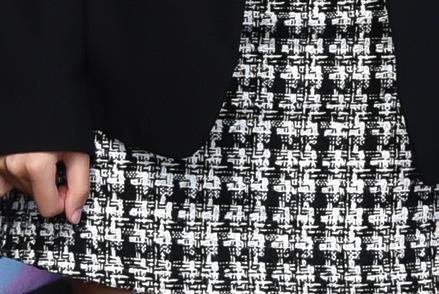
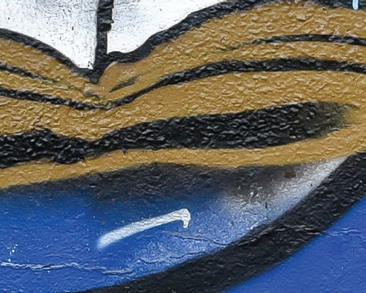

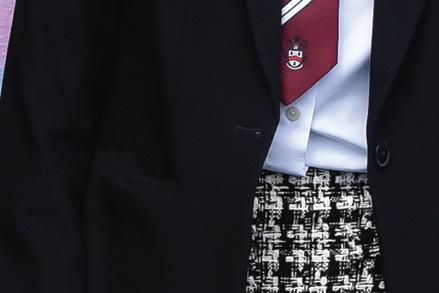









“WGS Sixth Form enables everyone to flourish both academically and socially. The teachers are incredibly supportive and have consistently shown a genuine interest in my learning, going above and beyond. Their unwavering support all the time and our diverse environment allows me to have equal opportunities to succeed. Sixth Form staff embrace the diversity allowing every student to feel supported and included.”

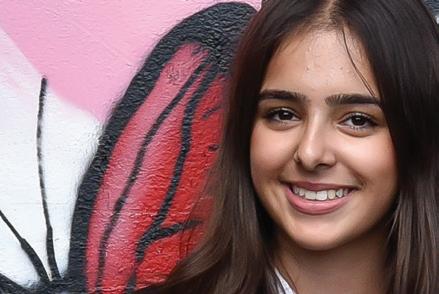

Sixth Form is not all about study! Students are involved in many clubs and subject based societies including Politics Club, Graphic Design, Digital Leaders, Green Power Project, TableTop Gaming, Student Voice and many more. Lunchtime Pudding Lectures are another tenet of Sixth Form life and give students the opportunity to present and take questions on a variety of topics beyond their Sixth Form studies. Aptly named, there is always cake served for those attending and presenting!
WGS Thinktank is a new enrichment programme which recognises students’ skills in the three areas of Academics, Leadership and Philanthropy. It is expected that you will start on your bronze award in the Lower Sixth and the Silver award target completion date
would be the end of the Autumn term of Upper Sixth. Students have the option to progress to gold and complete this before the end their time in Sixth Form.
For those that enjoy a chance to shine on stage we run a Senior School Production each year in our 200 seater Hutton Theatre. This is always a sell-out performance and of a very high standard.
There are also opportunities to step up into Prefect leadership roles such as House Captains and Heads of School. Within the House system Sixth Formers act as mentors to younger students and take part in charity fundraising and community activities.
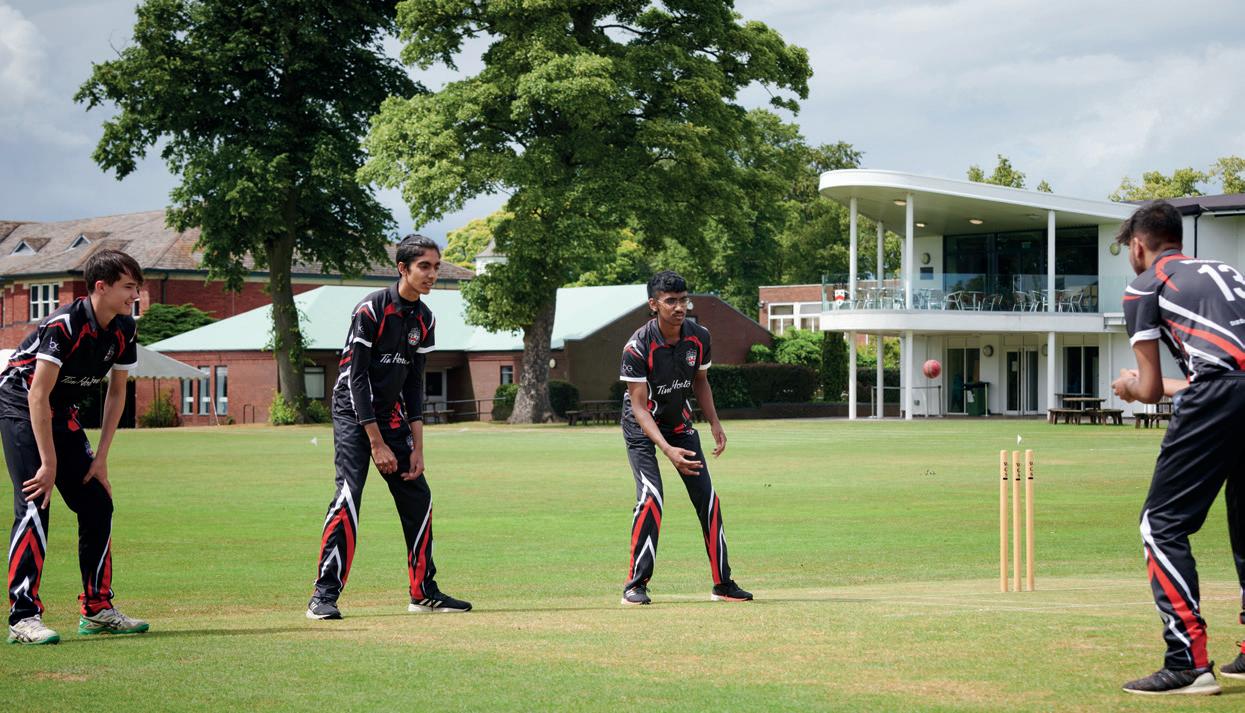
Sport, Music, volunteering and the Duke of Edinburgh’s Award are all accessible to our Sixth Formers. We also have our own student-run newspaper called The Wulf

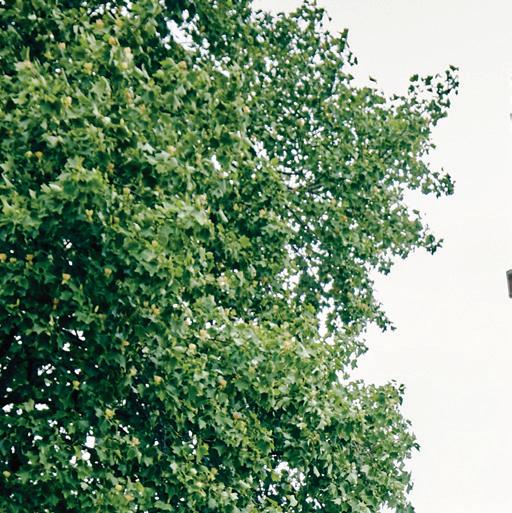
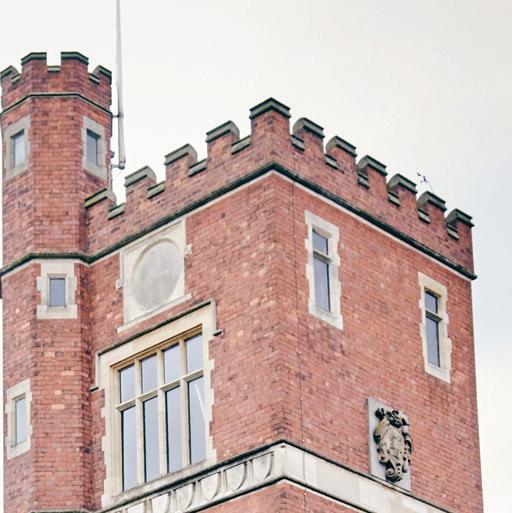

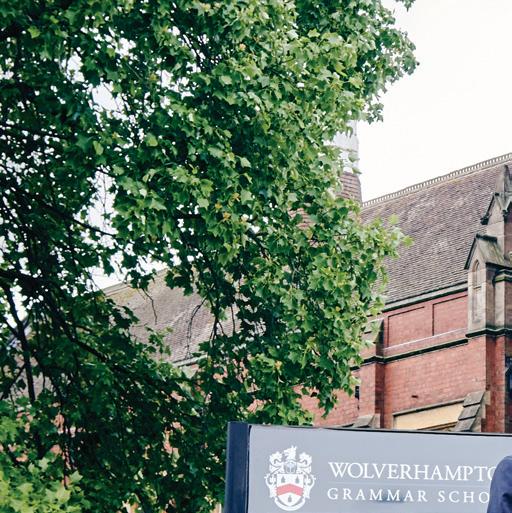
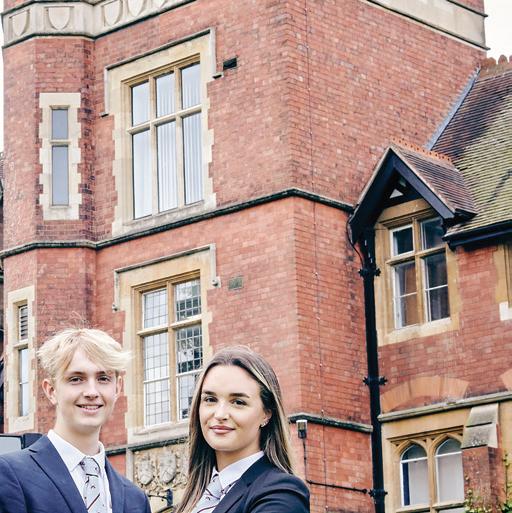
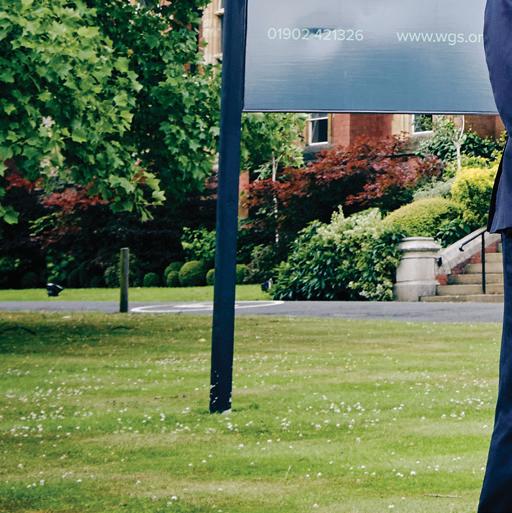
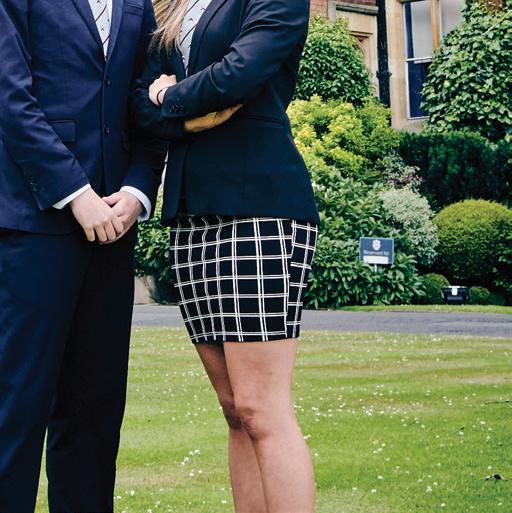
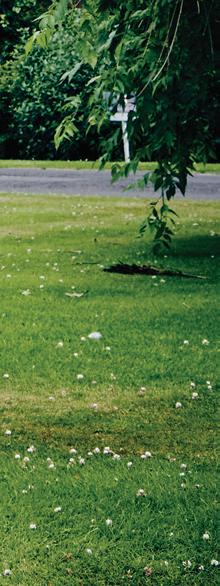

“In the Sixth Form you are encouraged to take on greater roles and responsibilities.”Pictured: 2023
– 2024 Head Boy George and Head Girl Izzy.
Students at Wolverhampton Grammar School can study a diverse array of courses which include traditional A Level subjects, specialised subjects such as Politics, Economics as well as the Cambridge Technical in Sport and Physical Education or Information Technology. Many Lower Sixth students also choose the option to take the Extended Project Qualification to boost their university application. Please read on for more detailed information about all the courses offered at WGS Sixth Form.
One of the main requirements for success at A Level is an interest in the subject. Attaining the highest grades possible will give you the widest options for university courses. We recommend you talk ideas through with our Sixth Form team and Heads of Department. We also have a full-time dedicated Head of Careers, Miss Kailey, and Careers Adviser Mrs Hind who works closely with her. We offer work clinics to support our students to achieve their full potential.












In addition to their A Level and Cambridge Technical qualifications listed on the following pages, many Lower Sixth students also choose to take the EPQ. The EPQ is a selfdirected research project and as a standalone qualification it is worth up to 28 UCAS points. It is a good way to increase points for university applications and some will also make it part of a formal offer, often involving lower grades.
You will choose a subject of your own choice – the topic may complement one of your A Level subjects but the
research must be original and look beyond the core curriculum. It is a chance for you to investigate a topic that fascinates you and develop and demonstrate your project management skills.
All students undertaking the EPQ at WGS are taught how to approach the project as well as being allocated a supervisor to support them in addition to the research support offered by the dedicated Sixth Form Library.

As an Art student at Wolverhampton Grammar School, you will have the opportunity to study in our purposebuilt facilities which include the professional Viner Art Gallery. You will benefit from an extensive range of studio workrooms and classrooms, Apple Macs and other creative resources including DSLR cameras.
The Art and Design Department aims to encourage your understanding of the power of the image and to foster skills and creativity in a variety of media. You will learn traditional techniques such as oil painting and print-making, as well as chemical photography and new technologies including digital photography and film-making, all based on a strong foundation of drawing
At Wolverhampton Grammar School we prepare you for careers in an ever changing world and training in the arts promotes creative and critical thinking, collaboration, communication, social confidence and cultural sensitivity. Graduates of arts disciplines are highly employable but art is about more than that – it is about identity, empathy, personal expression and freedom of thought; all these things we cherish in the Art Department.
• Oil Painting
• Digital Photography
• Chemical Photography
• Mixed Media techniques
• Printmaking
Students must fulfil the entry requirements of Wolverhampton Grammar Sixth Form and expect to achieve a minimum Grade 6 in an art discipline at GCSE/IGCSE (for example, Textiles or Photography). Ideally students will have studied Art and Design or Fine Art at GCSE/ IGCSE, although this is not essential.
The department has a high-profile exhibition programme and students would be expected to be actively involved in the extra-curricular events on offer. We would also expect a wider interest in the subject, evidenced through visits to galleries.
Component 01: Personal investigation (120 marks, 60% of A Level)
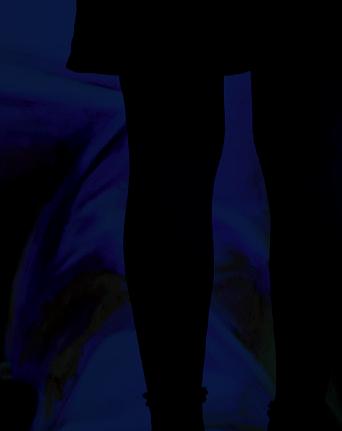
Learners should produce two elements:
(i) a portfolio of practical work showing their personal response to either a starting point, brief, scenario or stimulus.
(ii) a related study: an extended response of 3,000 words.
Component 02: Externally set task (80 marks, 40% of A Level) 15 hours
The early release paper will be issued in February during the Upper Sixth year, providing learners with a number of themes, each with a range of written and visual starting points, briefs and stimuli.
WHAT
A number of students each year choose courses in architecture, design, fashion and Fine Art at university and past alumni have gone on to study at some of the most prestigious schools of art around the country.
The UK has an estimated 2.29 million creative industries jobs in 2021 and the creative industries accounted for 6.9% of all UK jobs.

At Wolverhampton Grammar School you will be taught by expert staff in purpose-built Biology laboratories with a dedicated prep room providing access to a real sized human body model, model organs, microscopes, slides of tissues, preserved specimens, a human skeleton and other animal bones as well as practical equipment for microbiology, choice chambers and dissection. You will also be introduced to our much-loved animals including a Royal Python called Monty, crickets, hissing cockroaches and a Leopard Gecko called Louis! Students will be inspired to consider further study or related careers such as biomedical science and medicine.
There are a number of extra and co-curricular activities including Med-Club, which provide the perfect opportunity to develop leadership and mentoring skills. Sixth Formers can also enjoy masterclasses and guest lectures.
• Biological molecules
• Cells
• Organisms exchange substances with their environment
• Genetic information, variation and relationships between organisms
• Energy transfer in and between organisms
• Organisms respond to changes in their internal and external environments
• Genetics, populations, evolution and ecosystems
• The control of gene expression
Students must fulfil the entry requirements of Wolverhampton Grammar Sixth Form and are expected to achieve a minimum Grade 7 Biology at GCSE/IGCSE (if Additional Science then 77 is required). Attaining a minimum Grade 6 in Chemistry and Maths would also be advantageous.
ASSESSMENT
A Level Paper 1
Topics 1 - 4
2 hours
35% weighting
A Level Paper 2
Topics 5 - 8
2 hours
35% weighting
A Level Paper 3
Topics 1 - 8
2 hours
30% weighting
Non Exam Assessment – practical endorsement
Practical activities to demonstrate competence
Reported separately
Pass/Fail
A LEVEL (AQA)
WHAT NEXT?
Biology is one of the STEM (science, technology, engineering and maths) subjects and is highly regarded by universities and employers alike. Biology opens the door to a wide range of careers and interests including: healthcare and medicine; biomedical science; animal health; conservation; nursing; zoology and veterinary science oceanography; pharmaceuticals; teaching and research.
Most medical and veterinary courses require A Level Biology and a number of Biology graduates from School are now enjoying successful careers in the UK and overseas. Biology
A Level sits well with subjects such as Chemistry, Geography and Mathematics as well as being of interest to students studying Physical Education (PE). It will also suit students who wish to take Biology as their only science choice as well as those wanting to study it in addition to other science subjects.
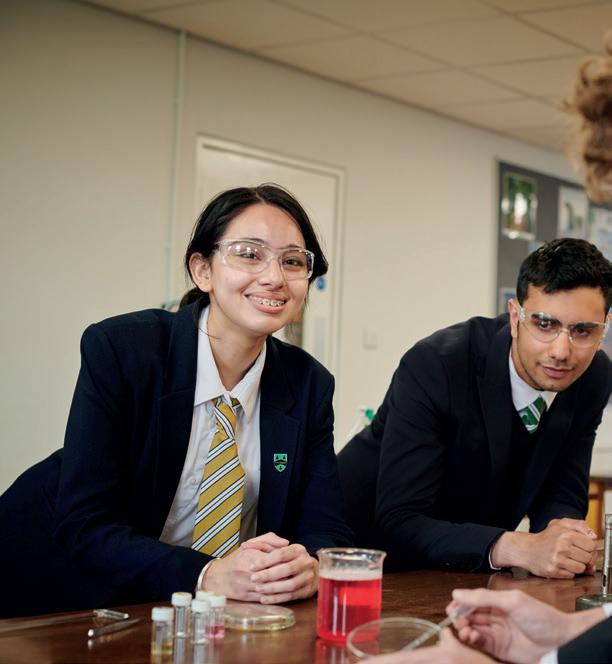
The discipline of Business Studies impacts society every day, relating to almost all aspects of our life and is a useful discipline for entrance to courses at university including Politics, Philosophy, Sociology, Law, History, Marketing and, of course, Business.
The Economics and Business Studies Department at Wolverhampton Grammar School also offers the opportunity to study towards the Investopedia Stock Simulator Challenge as well as taking part in extra-curricular activities including the Economics Debating Society and Dragons’ Den. Outside of lessons students are encouraged to take part in a range of masterclasses and guest lectures.
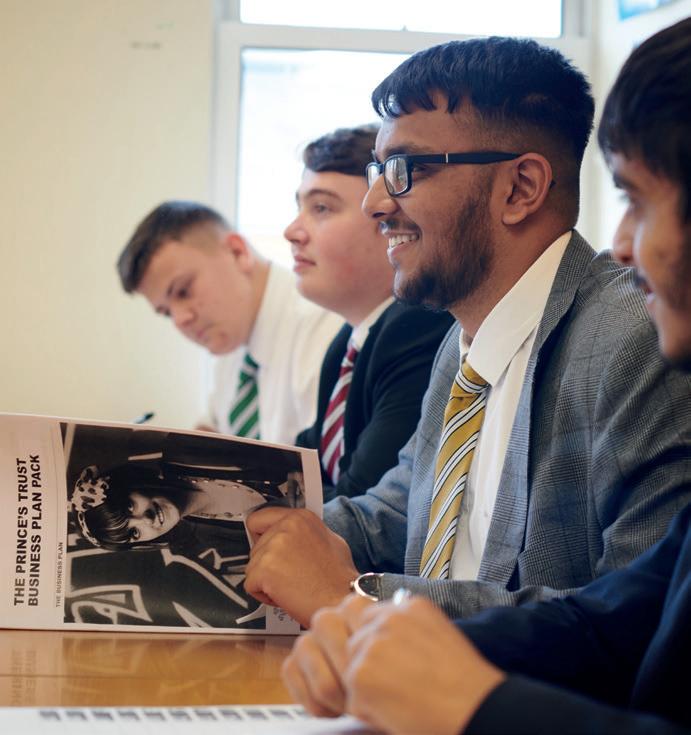
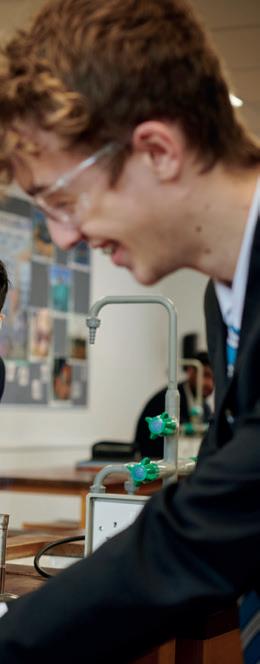
Students must fulfil the entry requirements of Wolverhampton Grammar Sixth Form and are expected to achieve a minimum Grade 6 in GCSE/IGCSE Business Studies and/or Economics. If neither of these subjects have been studied before, a minimum Grade 6 in Mathematics and English is required.
A LEVEL (EDEXCEL)
Two themed papers with pre-released materials and one final synoptic paper. Each paper will be 2 hours. Each paper will have 100 marks.
Paper 1
Marketing, people and global Business
35% weighting
Paper 2
Business activities, decisions and strategy
35% weighting
Paper 3
Investigating business in a competitive environment
30% weighting
• Year 1: Theme 1 (Marketing and people); Theme 2 (Managing business activities)
• Year 2: Theme 3 (Business decisions and strategy); Theme 4 (Global business)
WHAT NEXT?
Students with Business qualifications have access to a wide range of possible careers and higher education courses. On this A Level course you will have: learnt to develop a critical understanding of organisations, the markets they serve and the process of adding value; become aware that business behaviour can be studied from the perspectives of a range of stakeholders; acquired a range of skills including decisionmaking and problem-solving and understood the current structure of business and business practice.
This variety of sought-after transferable skills are in high demand and combine well with a range of social science and humanities subjects.
A Level Chemistry is a popular choice at Wolverhampton Grammar School. It suits students who are logical, methodical and who like patterns. Equally it suits students who like practical work, and who like proving ideas and theories through real experience and empirical research.

Chemistry is very much a practical subject at Wolverhampton Grammar School and the department aims to challenge and motivate students using laboratory work as much as possible. Purpose built laboratories and dedicated Technician staff along with expert teachers ensure you have all the facilities and expertise required to make the most of this fascinating subject.
Chemistry A Level naturally fits closely with Biology, Physics and Mathematics. It also sits well with Geography, Computing, Psychology and others.
COURSE COMPONENTS
• Atomic Structure
• Bonding
• Oxidation, Reduction and Redox Equations
• Inorganic Chemistry
• Amounts of Substance
• Energetics
• Equilibrium
• Acids and Bases
• Transition Metals
• Organic Chemistry
• Kinetics
• Modern Analytical Techniques
Students must fulfil the entry requirements of Wolverhampton Grammar Sixth Form and are expected to achieve a minimum Grade 7 Chemistry at GCSE/IGCSE or if Additional Science then Grade 77 is required. A minimum Grade 6 in Maths is strongly advised.
Paper 1
Inorganic and Physical Chemistry
2 hours - 35% of A Level
Paper 2
Organic and Physical Chemistry
2 hours - 35% of A Level
Paper 3
All content from Organic, Inorganic and Physical Chemistry
2 hours - 30% of A Level
WHAT NEXT?
Chemistry students from Wolverhampton Grammar School have gone on to a wide range of careers and HE courses, including Pharmacy, Chemical Engineering, Healthcare and Forensic Science, Pharmacology and Toxicology.
You must have A Level Chemistry if you want to become a doctor or a vet and a number of Chemistry graduates from School are now enjoying successful careers in the UK and overseas.
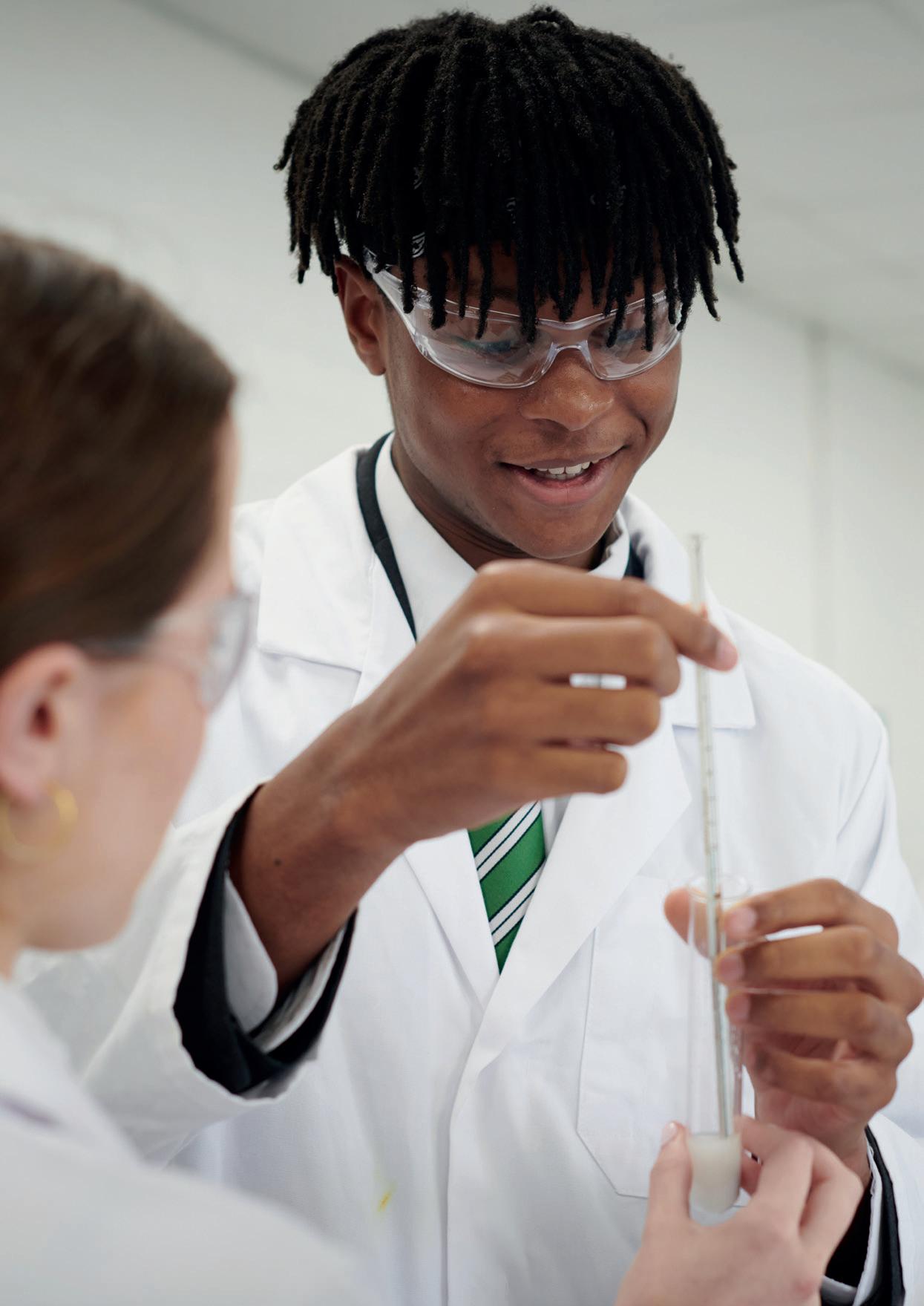
This creative and thought-provoking qualification gives students the practical skills, theoretical knowledge and confidence to succeed in a number of careers, especially those in the creative industries. You will investigate historical, social, cultural, environmental and economic influences on design and technology, whilst enjoying opportunities to put your learning into practice by producing products of your choice. You will gain a real understanding of what it means to be a designer, alongside the knowledge and skills sought by higher education and employers.
You will study in our Design Studio, CAD/CAM Modelling Suite and Workshop, all housed within a purpose-built block. We use the latest
Theory: 50%. Core technical principles, core designing and making principles, and specialist knowledge, technical, and designing and making principles through:
• Materials and their applications
• The requirements for product design, development and manufacture
• Design communication, digital design and manufacture, design processes and critical analysis
• Efficient use of materials and feasibility studies
• Health and Safety
• Design for manufacturing, maintenance and repair
• Enterprise and marketing in the development of products
technology to ensure students are able to explore their design ideas to the full. You will have plentiful opportunities to visit exhibitions, manufacturers and leading universities including the Big Bang Fair and EES Residential at the University of Birmingham. Students are encouraged to enter national and local design competitions such as the Triumph Design Awards and to become engaged in design and technology through extra-curricular activities and clubs including running STEM and participating in the Greenpower Project. A number of students, with support from the department, have been awarded the prestigious Arkwright Scholarship. This national award supports Year 11 students through
their A Levels to encourage them to pursue Engineering or Technical Design at university or through a higher-level apprenticeship, and to take up careers in the field. Successful students are linked with engineering companies who provide mentoring throughout their A Level course.
• Protecting designs and intellectual property
• Design theory, methods and processes
• How technology and cultural changes impact the work of Designers
• Selecting appropriate tools, techniques and processes to enable accuracy in design and manufacture
• How to evaluate products, taking into account the views of potential users
• Responsible design
• Approaches to Project Management and national and international standards in product design
• Performance characteristics and working properties of materials, adhesives and fixings, surface finishes and coatings
• Industrial and commercial practice, including forming, redistribution and addition processes
• Modern manufacturing systems
Coursework: 50%. Practical application of technical principles, designing and making principles and specialist knowledge.
Students must fulfil the entry requirements of Wolverhampton Grammar Sixth Form. Ideally you will have studied Design & Technology at GCSE, but it is not essential. If you have not studied D&T, it is advisable to have a least a Grade 6 in Art GCSE/IGCSE. Additionally, Maths GCSE at Grade 6 or above is highly desirable as a small element of the A Level qualification will require you to use some basic Maths in a contextual setting.
Paper 1
Technical principles, Designing and Making principles and Specialist knowledge
2 hours 30 minutes written paper
120 marks, 30% of A Level
Short and extended responses
Paper 2
Product Analysis and Commercial Manufacture
1 hour 30 minutes written paper
80 marks, 20% of A Level
Section A Product Analysis
30 marks. Up to 6 short answer questions based on visuals.
Section B Commercial Manufacture
50 marks. Short and extended responses.
Non Examined Assessment (Coursework) exploration
Designing, making, analysis and evaluation
Approximately 40 hours
100 marks, 50% of A Level
Studying Design & Technology
Product Design provides the foundation for entrance into a wide variety of higher education courses and careers including Architecture, Engineering (in all its guises) and a range of Design based courses.
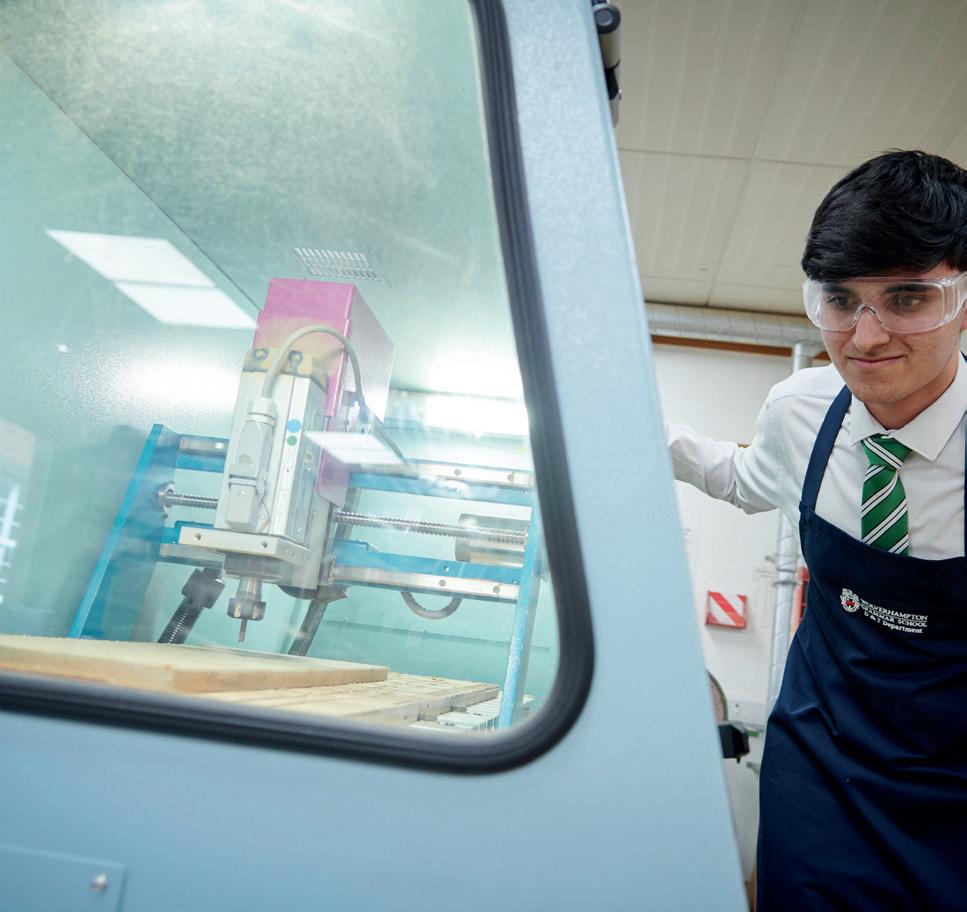
Engineering Education students attain certificates from EES, Gold Industrial Cadets Gold Award and a Gold Crest Award.
Students in previous years have gone on to study degrees such as Automotive Design; Mechanical Engineering, Architecture, and Civil Engineering. They frequently come back to school to share their experiences with current students.
Anna joined WGS in Year 9 from St Peter’s Collegiate School and studied Art, Design & Technology and Maths A Level. She was awarded an Arkwright Engineering Scholarship and is in her final year studying Product Design and Manufacture with an Industrial Placement Year at the University of Nottingham.
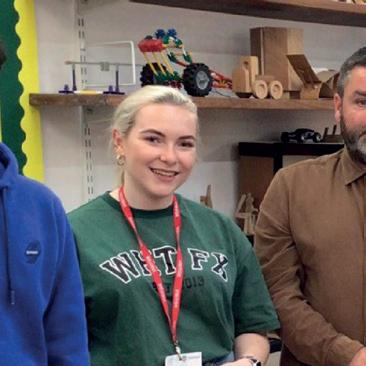
The discipline of Economics impacts society every day, relating to almost all aspects of our life and is a useful discipline for entrance to courses at university including Politics, Philosophy, Sociology, Law, History, Business and, of course, Economics.
The Economics and Business Department at Wolverhampton Grammar School also offers you the opportunity to study towards the Investopedia Stock Simulator Challenge as well as taking part in extra-curricular activities including the Economics Debating Society, World Cup Economics and Dragons’ Den. Outside of lessons students are encouraged to take part in a range of masterclasses and guest lectures.
Students must fulfil the entry requirements of Wolverhampton Grammar Sixth Form and are expected to achieve a minimum Grade 6 in GCSE/ IGCSE Business Studies or Economics. If neither of these subjects have been studied before, a minimum Grade 6 in Mathematics and English is required.
Economics issues are central to an understanding of the real world. The course will allow you to develop an understanding of economic concepts and theories through a critical consideration of current economic issues and problems.
Unit 1 - Markets and Market Failure
33.3% and 2 hours
Unit 2 - The National and International Economy
33.3% and 2 hours
Unit 3 - Economic Principals and Issues
33.3% and 2 hours
Laurence studied Business Studies, Geography and Psychology A Level and is in his final year studying International Business, Finance and Economics at Manchester University. He is currently growing his own social media marketing and management agency, whilst considering a career in sales or marketing to further hone his skills.
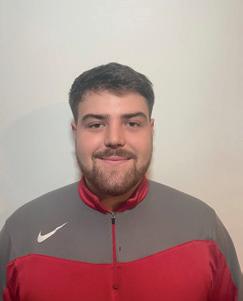
Laurence says: “WGS has been invaluable to my personal development and growth. Without the high quality of teaching and the values, principles and discipline that the School instils in you, there is no doubt in my mind I wouldn’t be where I am today.”
A Level Economics will help you develop the knowledge and skills needed to understand and analyse data, think critically about issues and make informed decisions. You will also build upon your quantitative skills and appreciate that, when evaluating arguments, both qualitative and quantitative evidence are important. These sought-after transferable skills are in high demand and combine well with a range of social science and humanities subjects. Students with Economics qualifications have access to a wide range of possible careers and higher education possibilities.
English Language is an exciting subject which allows you to study the different ways language works in the real world, as well as the key issues and factors behind its interpretation and production. The course focuses as much on the spoken word as more traditional written texts and you will become as skilled in the analysis of transcriptions as those of which you are more familiar.
You will be able to build on the analytical skills acquired at GCSE and will learn how children acquire language, the reasons behind the effectiveness of media and multimodal texts like web pages, television and adverts, as well as how history, culture and identity affect how we use and react to language.
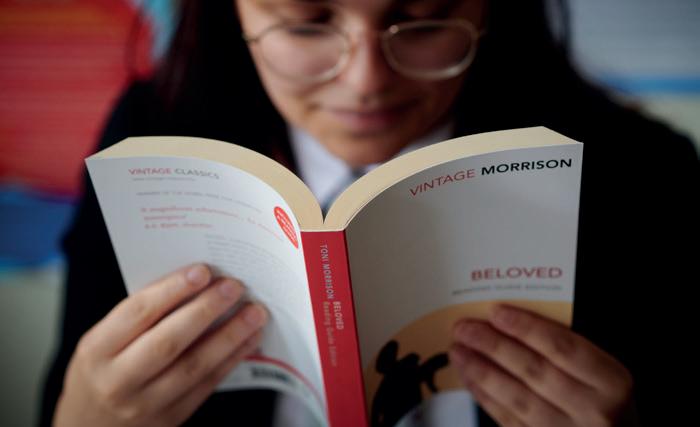
This subject would complement any other at A Level. It fits particularly well with Psychology and History. Its analytical nature means it would also suit students who are more scientifically minded and are interested in the fundamentals of language that we use every day. English Language
A Level offers flexibility in terms of what you decide to study for coursework options enabling you to focus on the topics which particularly interest you. The department utilises the Hutton Theatre and the Jenyns and Sixth Form Libraries.
Students must fulfil the entry requirements of Wolverhampton Grammar Sixth Form and are expected to achieve a minimum Grade 6 In English Language GCSE/IGCSE.
English Language A Level requires a knowledge of terminology. Analysis is a major part of the course and you will encounter countless texts of a wide variety of different genres and subjects.
Exploring Language (01)
80 marks, 2 hours 30 minutes
written paper
40% of total A Level
Dimensions of Linguistic Variation (02)
80 marks, 2 hours 30 minutes
written paper
40% of total A Level
Independent Language Research (03)
40 marks, non-examined assessment
20% of total A Level
WHAT NEXT?
English is key for any job that involves communication, writing and/or linguistic knowledge. These include: advertising and marketing, writing and journalism, law, consultancy, business, teaching, performing arts, academia, government, linguistics, foreign languages, media and design. You could even be a freelance writer!
Former students have gone on to work in journalism, law, scientific research and theatre design; it is a truly flexible A Level which opens up many different pathways.
Careers in the sciences, engineering, technology and maths also need more English than you think. Writing proposals, academic papers and articles, and communicating with others is key to obtaining funding for projects and reaching people with your work.
• Linguistic analysis of authentic texts
• Original writing for a real-world purpose on a topical language issue
• Analysis of how children acquire language
• Language in the media
• How language changes over time
• An investigation into an area of each learner’s particular individual interest
English Literature is not only for those who already enjoy and want to further their reading; it is also for those who want to delve into deeper knowledge and thinking. English Literature allows you to explore the frameworks of narrative, structure, language, and form – but you will also explore subjects as diverse as love, loss, ambition, hatred, fear, sex, childhood, politics, greed, and gender – in fact, all of human life!
At GCSE you often read texts in isolation, whereas at A Level you will be encouraged to make connections between texts that were written many years apart. You will also be encouraged to make telling connections between our texts and their historical, social, and cultural contexts. As such, a love of history, culture, and politics is a useful trait for this course. You will explore how various writers (and artists) have revolutionised our way of looking at the world; the onus is very much on you to then generate and foster new critical perspectives – perfect preparation for university and your career ahead.
The English Department utilises the Hutton Theatre and the Jenyns and Sixth Form Libraries. Students will have the opportunity to attend theatre trips, cultural visits, and academic lectures. The department also supports the production of plays throughout the school and would encourage our A Level students to get involved, extending and deepening their understanding of drama and language.
Students must fulfil the entry requirements of Wolverhampton Grammar Sixth Form and achieve a minimum Grade 6 in English Language and English Literature GCSE/IGCSE.
Component 01: Drama
Written Paper (30% of the A Level)
Open Book - 2 hours 15 minutes
Component 02: Prose
Written Paper (20% of the A Level)
Open Book - 1 hour 15 minutes
Component 03: Poetry
Written Paper (30% of the A Level)
Open Book - 2 hours 15 minutes
Component 04: Coursework
One extended comparative essay (20% of the A Level)
2500-3000 words
WHAT NEXT?
After two years’ study, you will be able to read with forensic attention to detail and be able to explore the psychological and emotional subtleties of texts. You will be able to write well and think sharply: probably the most important skills any employer will want.
Studying English Literature helps to hone your analytical skills and can be employed in a variety of careers from event management to genome sequencing, from horticulture to writing a political manifesto. Former English Literature students have
Component 01: Drama
• Study of one Shakespeare play and one other play from the theatrical canon
• Study of related critical anthology on the genres of tragedy and/or comedy
Component 02: Prose
• Comparative study of two ground-breaking novels linked by theme
• Themes include ‘Women and Society’, ‘The Supernatural’, ‘Childhood’, and ‘Science and Society’
Component 03: Poetry
• Study of an anthology of cutting-edge post-2000 poetry alongside unseen poetry
• Study of a named poet or poetic movement from the canon
• Poets include Chaucer, Donne, Keats, Rossetti, TS Eliot, and Philip Larkin
Component 04: Coursework
• Study of two linked texts from any genre
• Free choice of texts for teachers and students
recently gone on to study at Oxford, Cambridge, and Russell Group universities with great success, studying a range of courses including English; Education; French; and Experimental Psychology. Many have moved into related careers including teaching, theatre, journalism, law, and professional writing.
Languages is a thriving discipline at Wolverhampton Grammar School and the Modern Languages department has a history of organising successful educational visits and exchange programmes including a Sixth Form trip to our partner school in Savenay. French is the second most widely learned language after English. It has over 300 million speakers worldwide and is the only language, alongside English, spoken on all continents; thus making it a major language in international communication and much sought after by universities and employers.
A friendly, welcoming atmosphere provided by teachers can always be found in the dedicated Modern Languages Department in School, with additional resources available online and in the library. A native French language assistant offers weekly individual conversation classes. A range of extra-curricular clubs and societies is available to students including Literature and Film Clubs, which can be tailored to students’ individual interests.
Students must fulfil the entry requirements of Wolverhampton Grammar Sixth Form and achieve a minimum Grade 6 in French at GCSE/IGCSE.
Any modern language fits well with traditional arts subjects but given the economic importance of this language there is a great advantage to speaking confidently if you are considering a more scientific or industry tailored portfolio of subjects or career. Studying more than one modern language can also be greatly beneficial and students can also take German A Level at WGS.
Unit 1: Speaking
a) Presentation and discussion of Research Project
b) Discussion based on stimulus card
21-23 minutes - 30% of A Level
Unit 2: Listening, Reading and Translation
2 hours, 30 minutes - 50% of A Level
Unit 3: Critical and Analytical Response in Writing
2 hours - 20% of A Level

Students will practise speaking, listening, reading and writing by studying contemporary and classic literature and films, current affairs and socio-historical and cultural issues. They will also conduct their own research project on a subject of their choosing. Typical topics include:
• Families and citizenship
• Youth trends and personal identity
• Education and employment opportunities
• Regional culture and heritage
• Media, art, film and music

• Migration and integration
• Cultural enrichment and celebrating difference
• June 1940 - May 1945: life in occupied France
• 1945 - 1950: rebuilding post war France
French is the language of one of the most powerful economic and culturally significant nations and its influence extends worldwide with French speaking populations in the Caribbean, Africa and even the farthest shores of the Pacific Islands. The ability to speak both French and English is an advantage for finding a job with the many multinational companies using French as their working language, in a wide range of sectors (retailing, automotive, luxury goods, aeronautics, etc.). French is both a working language and an official language of the United Nations; the European Union; UNESCO; NATO; the International Olympic Committee; the International Red Cross and international courts. Proficiency in French is essential for anyone considering a career in any international organisation. Knowledge of French also gives you an incredible insight into one of the world’s greatest cultures, both in the arts and socially. France is widely recognised as a world leader in gastronomy, architecture and product design. Lots of opportunities then for international employment in a whole range of industries and sectors. Former students of Wolverhampton Grammar School have gone on to study one or more languages, including as part of a combined honours degree, at degree level.

With growing interest in issues such as climate change, migration, environmental degradation and social cohesion, Geography is one of the most relevant courses you could choose to study. Whatever your passion for the world - fascination with landscapes or concerns about inequality - Geography will provide you with knowledge and transferable skills that will reward you personally and advance you professionally.
A Level Geography is a challenging and dynamic course which stretches and engages you in a variety of topics including Earth Life Support Systems, Global Migration and Global Governance. The Geography Department at Wolverhampton Grammar School has a history of organising successful trips and expeditions including river surveys and the annual physical Geography residential.
According to the Royal Geographical Society, Geography graduates have some of the highest rates of graduate employment. It is useful for any kind of career that involves the environment, planning, or collecting and interpreting data. Popular careers for people with Geography qualifications include: town or transport planning; surveying; conservation; sustainability; waste and water management; environmental planning; tourism; and weather forecasting.
Students must fulfil the entry requirements of Wolverhampton Grammar Sixth Form and achieve a minimum Grade 6 in Geography GCSE/ IGCSE.
An element of the A Level qualification will require the student to take part in fieldwork activities (4 days minimum) and write up a 4000 word independent research project. Clearly, the ability to motivate oneself and work independently is required. It is recommended that students are also regularly reading around the subject matter and keep abreast of the current trends reading the Geographical debate topics.
Geography helps you to make sense of the world around you. It is hands on and you will learn and develop useful skills such as modern computer based mapping (called GIS), map skills, interpreting photographs, fieldwork skills, presenting, role play and debating techniques.
You will also improve your literacy skills through report writing and written work and make practical use of your numeracy skills when you interpret data and construct graphs.
Fieldwork, or working outside the classroom is a really important part of Geography. Whether you go locally or get the chance to travel further away it will be a brilliant opportunity to experience some of the things you have learnt about in class and see things differently.
• Landscape Systems and Earth Life Support Systems
• Changing Spaces; Making Places and Global Connections (Powers and boarders of Global Migration)
• Geographical debates including: Climate change, Disease Dilemmas, Exploring Oceans, Future of Food and Hazardous Earth.
Paper 01
Physical systems – Landscape systems and Earth’s Life support Systems with Geographical skills integrated.
1 hour 30 minutes
22% of total of A Level
Paper 02
Human Interactions – Changing Spaces; Making Places and Global Connections with Geographical Skills integrated.
1 hour 30 minutes
22% of total A Level
Paper 03
Geographical debates – Two from Climate change, Disease Dilemmas, Exploring Oceans, Future of Food or Hazardous Earth.
2 Hours 30 minutes
36% of total A Level
Paper 04
Independent Investigation
20% of total A Level course

See the incredible drone footage that Mr Baker, Head of Geography, captured on the Lower Sixth Geography trip to Bude.


Students explored topics including ocean pollution and longshore drift, undertaking data collection for their A Level coursework.
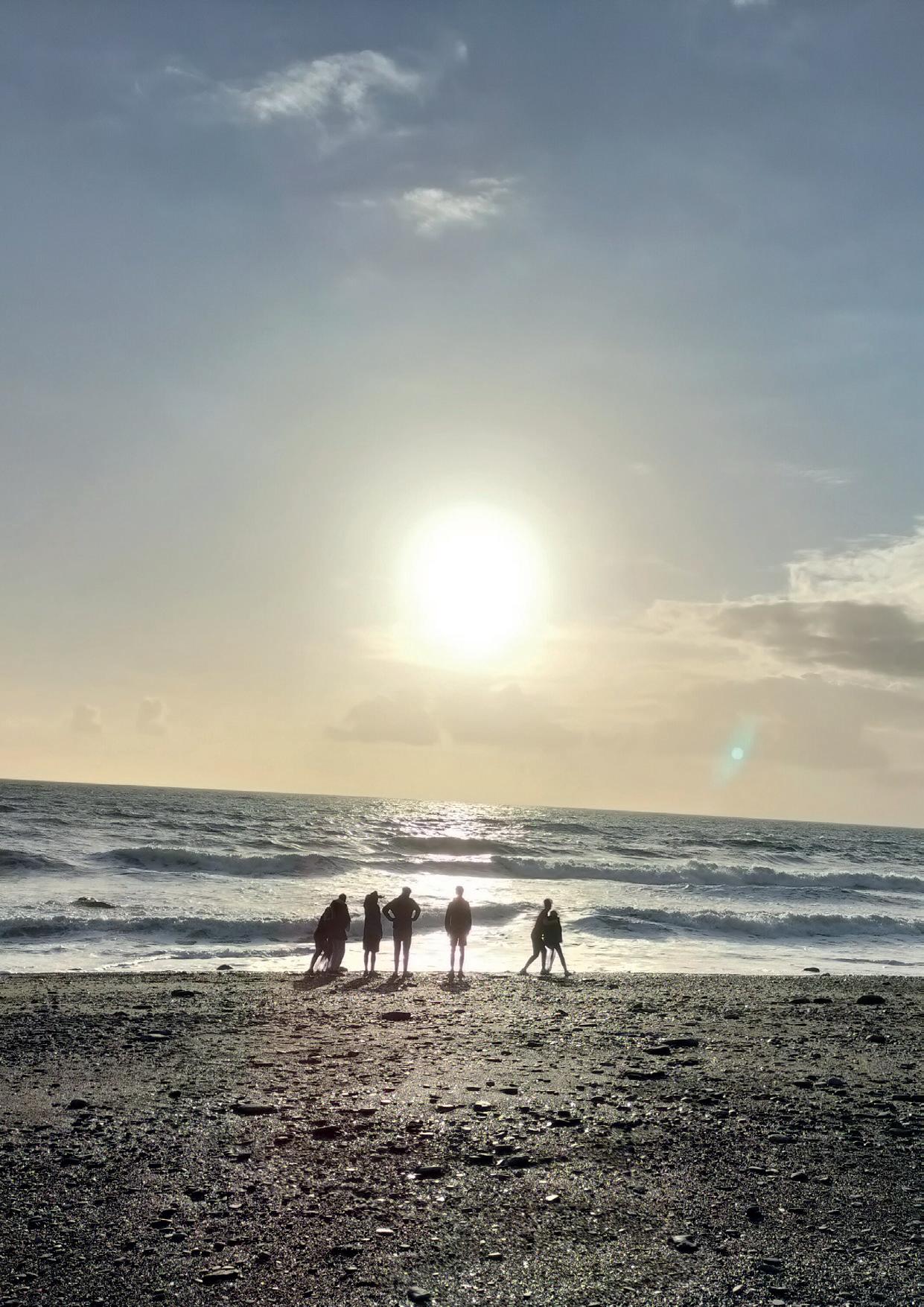
Languages is a thriving discipline at Wolverhampton Grammar School and the Modern Languages department has a history of organising successful trips and educational visits.
A friendly, welcoming atmosphere provided by teachers can always be found in the dedicated Modern Languages Department in School. A German language assistant offers regular conversation classes in small groups or individually.
Learning German can connect you to 120 million native speakers around the globe and it is the official language of Austria, Switzerland, Luxembourg and Liechtenstein as well as the native language for a significant population of northern Italy, eastern Belgium, the Netherlands, Denmark, eastern France, parts of Poland, the Czech Republic, Russia and Romania.
Students must fulfil the entry requirements of Wolverhampton Grammar Sixth Form and achieve a minimum Grade 6 in German at GCSE/ IGCSE.
Any modern language fits well with traditional arts subjects but given the economic importance of this language there is a great advantage to speaking confidently if you are considering a more scientific or industry tailored portfolio of subjects or career. A Level German will be attractive to those who have enjoyed the challenge of German at GCSE and have found the linguistic aspect of work relatively easy.
A Level Unit 1
a) Presentation and discussion of research project
b) Stimulus card discussion
21-23 minutes
30% of A Level
A Level Unit 2 Listening, Reading and Translation
2 hours, 30 minutes
50% of A Level
A Level Unit 3 Critical and Analytical Response in Writing
2 hours
20% of A Level
Modern language graduates acquire skills that are highly prized by universities and employers alike.
On a professional level, speaking and understanding another language opens many career opportunities. German is one of the main languages used in business and international diplomacy. After the fall of the Soviet Union, German became the lingua franca of central Europe, bridging the gap between former Cold War adversaries. Many international conferences and trade shows also use German as their working language.
Students will practise all four language skills (speaking, listening, reading and writing) by studying contemporary and classic literature and films, current affairs and sociohistorical and cultural issues. Typical topics include:
• Families and citizenship
• Youth trends and personal identity
• Education and employment opportunities
• Regional culture and heritage
• Media, art and film
• Migration and integration
• Cultural identity and marginalisation
• Cultural enrichment and celebrating difference
• Discrimination and diversity
• Initial and subsequent process and re-unification
• Social cohesion
• The economic impact of a united Germany
German opens the doors to the one of the biggest export nations in the world and one of the largest economies. As a fluent speaker of German your skills will be sought after by a range of international companies and brands including Mercedes, BMW, Siemens and Bosch.
History at A Level is about much more than what happened in the past. It is a civilising discipline, elucidating humanity’s towering achievements, our darkest follies, and everything in between. Students must therefore consider the motives and actions of the people involved in both important and everyday events. The consequences of these actions, both great and small, will be investigated. The course will be stimulating, challenging and exciting. It will involve wide reading and extended writing, as well as vigorous argument in class.
History is a good fit with all A Level combinations, not just those on the arts side. It is valued at university and by future employers because of the skills of argument, analysis and sharp thinking that historians develop in the course of their studies. Students are strongly encouraged to attend meetings of the History Society and Politics Society may also be of interest, as well as visiting speakers of a historical flavour.
Students must fulfil the entry requirements of Wolverhampton Grammar Sixth Form and achieve a minimum Grade 6 in the subject and/or Geography, Religious Studies or English Literature GCSE/IGCSE. The course will require evidence work, using both primary and secondary sources, and essay writing. There is a coursework element in the Upper Sixth.
You will need to be a keen reader willing to reflect and discuss, and then follow up with focused, analytical writing.
Unit 1 is the Breadth Study
This paper considers historical developments over a period of around 100 years, and associated interpretations.
There is one compulsory question linked to historical interpretations.
Students write two essays from a choice of three.
2 hours and 30 minutes
40% of A Level
Unit 2 is the Depth Study
This paper considers a period of major historical change and associated primary evidence.
There is one compulsory question linked to primary sources.
Students write two essays from a choice of three.
2 hours and 30 minutes
40% of A Level
Unit 3 is Coursework:
A 4,500 word essay on an issue set in the context of a hundred years. Coursework is worth 20% of A Level
• Tudor England 1485 - 1603
• Russia 1917 - 53
• Coursework on a period of history chosen by the student
WHAT NEXT?
Students who leave Wolverhampton Grammar School with A Level History have the ability to listen to others, and the confidence to think for themselves.
With your honed analytical, writing, debate and detective skills, you’ll be primed for a huge range of careers in law, finance, politics, the public sector; business, the media, marketing, journalism, economics, teaching, academia, insurance, social research, archaeology and curation (museums, galleries, archives and libraries).
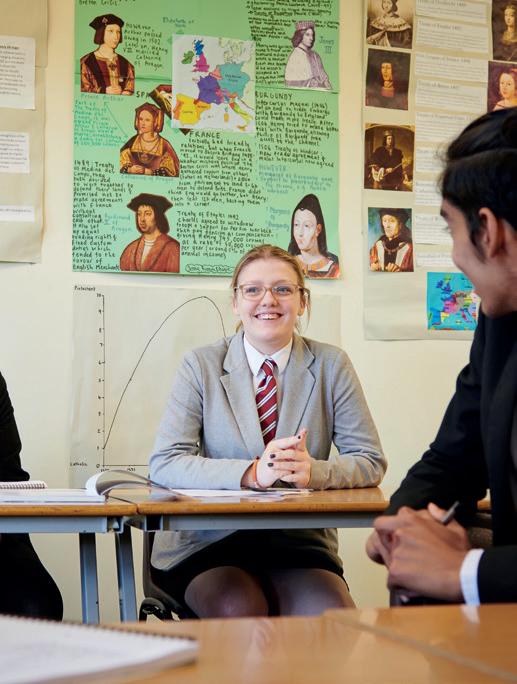
A good A Level pass in Mathematics facilitates the study of any of the engineering and physical sciences, as well as Mathematics and Computing, at university. Economics, Management, Business Studies and Accountancy are other courses to which the subject may lead.
Students must fulfil the entry requirements of Wolverhampton Grammar Sixth Form and achieve a minimum Grade 7 in Mathematics at GCSE/ IGCSE. Good algebra is the key to success in this subject.
Three 2-hour exam papers at the end of the course. They are: Pure Maths; Pure and Statistics; and Pure and Mechanics.
Pure Mathematics: including, but not limited to:
• Algebra
• Calculus
• Trigonometry
• Vectors
• Co-ordinate geometry
Probability and Statistics: including, but not limited to:
• Binomial and normal distributions
• Exploratory data analysis and hypothesis testing
• Use of a large data set
Mechanics: including, but not limited to:
• Displacement
• Velocity and acceleration
• Forces and moments
• Extra and Co-Curricular Activity
Maths A Level is a must have for many degrees. Some subjects, like Medicine require you to study two out of Maths, Physics, Chemistry and Biology. Therefore if you do not study Maths, you must be studying two of the three sciences.
Maths is also crucial for studying advanced apprenticeships in Accountancy and Technology and Engineering subjects.
Joining from Wolverhampton Girls’ High School, Maddie studied Biology, Chemistry and Maths A Level.

“WGS provided me with a very broad arsenal of skills that are already proving to be advantageous above those of my peers. The out-ofclass experiences have been fundamental starting points to draw from in job interviews. I gained an internship in educational research with the University of Durham Chemistry Department last summer and hope to gain an internship in finance in the coming year.”
Wolverhampton Grammar School has a strong track record of developing students who go on to use their maths studies and expertise to achieve academic, professional and commercial success within the financial sector, as well as roles at prestigious universities such as Durham and King’s College, Cambridge. Lord Mervyn King, the previous Governor of the Bank of England is also an Old Wulfrunian.
Further Mathematics as a second Mathematics A Level has a strong track record for excellent results at Wolverhampton Grammar School.
A background in Further Mathematics is valuable if you plan to study Mathematics or an Engineering, Natural Science or Computer Science course at Oxford or Cambridge and for Mathematics at many Russell Group universities.
Students must fulfil the entry requirements of Wolverhampton Grammar Sixth Form and achieve a minimum Grade 8 in Mathematics at GCSE/IGCSE. Good algebra is the key to success in this subject.
There are four 90-minute papers at the end of the course. Two Pure Maths papers; one Statistics and one Mechanics.
• Further Pure Mathematics
• Further Probability and Statistics
• Further Mechanics
WHAT NEXT?
Maths A Level is a must have for many degrees. Maths is also recommended or sometimes required for: Computer Science, Accounting, Chemistry, Biology and Life Sciences, Medicine / Nursing, Dentistry, Business Studies, Management Studies, Finance, Architecture, Geology, Psychology, Surveying and even Philosophy.
Maths is also crucial for studying advanced apprenticeships in Accountancy and Technology and Engineering subjects.
Wolverhampton Grammar School students have gone on to use their maths studies and expertise to achieve academic, professional and commercial success within the financial sector, as well as academic posts at prestigious universities such as Durham and Cambridge.
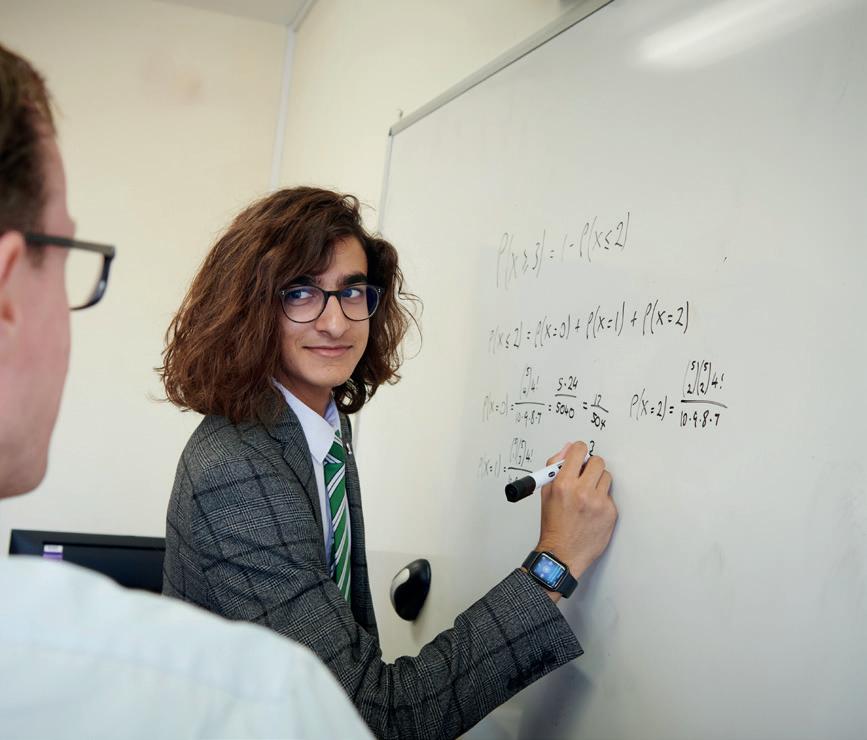
Wolverhampton Grammar School’s Music Department is located at the heart of our campus, with over 200 students receiving individual instrumental tuition, a plethora of choral and orchestral groups. Music is at the heart of many of our students’ lives. A Sixth Form Music Scholarship is available for gifted musicians who are working at Grade 7 standard and expect to complete Grade 8 by the end of Sixth Form.
There is an extensive range of live opportunities to perform, including Soloists’ concerts, Chamber concerts, the Spring Gala Concert, Christmas Carol concerts and Orchestral Performances. Many of these performances take place in Big School, home to our Bluthner concert grand piano and a chamber organ. With its rich heritage, stained glass windows and stunning architecture, it provides a wonderfully atmospheric setting. The department also organises international music tours.
Music complements a range of popular A Level subjects including Maths, Physics, English and Biology. Research shows the benefits of studying music and playing an instrument can be substantial, both academically and socially.
Students must fulfil the entry requirements of Wolverhampton Grammar Sixth Form and achieve a minimum Grade 6 in Music GCSE/ IGCSE and Grade 5 in at least one instrument (or voice). If you have not obtained Grade 5 Theory, you will be expected to complete this.
• Performance recital
• Composition
• Listening and Appraising
Learners must choose either Option A in both Components 1 and 2 or Option B in both Components 1 and 2. All learners must study Component 3.
Component 1: Performing
Option A: Total duration of performances: 10-12 minutes and 35% of qualification
Option B: Total duration of performances: 6-8 minutes and 25% of qualification
Non-exam assessment: externally assessed by a visiting examiner.
Component 2: Composing
Option A: Total duration of compositions: 4-6 minutes and 25% of qualification
Option B: Total duration of compositions: 8-10 minutes and 35% of qualification
Non-exam assessment: externally assessed by Eduqas.
Component 3: Appraising
The Western Classical Tradition (The Development of the Symphony)
Jazz - option
The Twentieth Century
Written examination: 2 hours 15 minutes
40% of qualification assessment
If you are considering pursuing Music at university or a conservatoire, you are normally expected to have studied Music A Level and achieve a Grade 7 or 8 for more traditional courses. Some universities also require at least one essay-based subject such as History or English.
Music graduates have a wide range of career options available to them both inside and outside the industry. Studying music at A Level also provides the perfect mix of social, technical and business skills. Not to mention discipline, composure under pressure, time management, communication, team and individual working ability - all gained from practice and performing. You might also learn technical skills through using computers, equipment and software to create and record music.
There are more jobs than ever in music business-related areas, such as: careers in digital marketing, social media, PR; technology, label services, ticketing and merchandising. It is also common to find music graduates in consultancy, finance, banking, teaching and legal jobs.
A number of former students have gone on to have internationally acclaimed professional music careers.
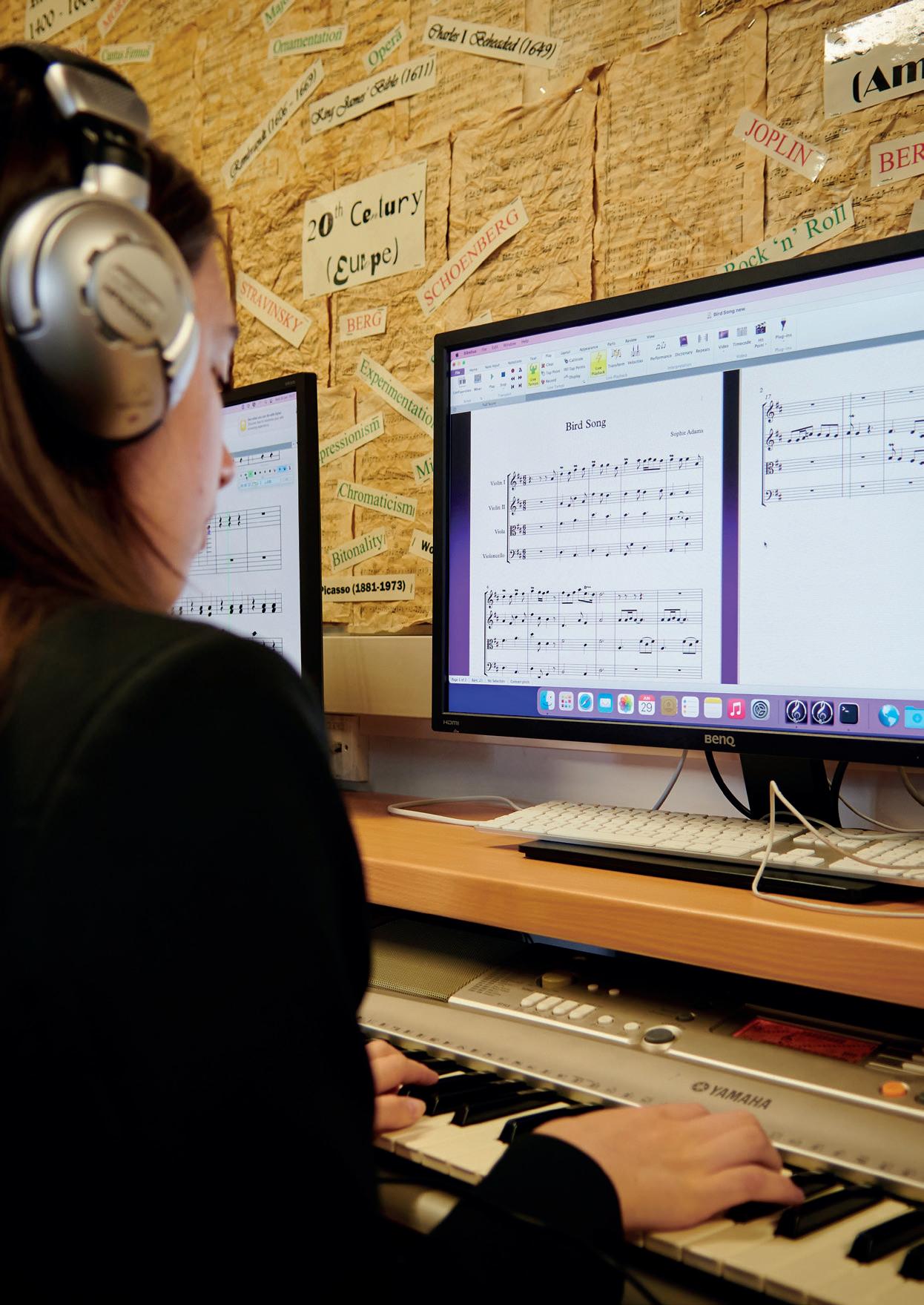
At Wolverhampton Grammar School you will be taught by expert staff in purpose-built Physics laboratories. You will learn a broad range of skills, ranging from mathematical and analytical thought through to presentation and communication skills, making it a highly regarded discipline by both universities and employers alike. As a key STEM subject it also opens the doors to specialist scholarship and funding opportunities in higher education.
Physics students are invited to participate in the Physics Olympiad and have the opportunity to visit the Diamond Light facility at Oxford, where high intensity of light of varying frequencies is used by both research and industry to perform a variety of experiments.
Students must fulfil the entry requirements of Wolverhampton Grammar Sixth Form and will be expected to have studied Physics or Dual award science at GCSE/ IGCSE level. Physics A Level is a demanding and popular course and students should achieve a Grade 7 in Physics or a Grade 77 in Dual Science. A Grade 7 in Mathematics would be advantageous.
It is not essential to study A Level Maths with Physics provided that your GCSE Maths is a good standard. Students should also be able to think on their feet and have competent practical skills.
Paper 1
AS Content - 2 hour exam
34% of A Level
Paper 2
Core A Level Physics - 2 hour exam
34% of A Level
Paper 3
Option topic and practical skills2 hours exam
32% of A Level
Physics A Level gives access to a multitude of careers and uniquely closes the door to none. Previous students have gone on to have a wide range of careers in sectors as diverse as engineering, medicine and finance. This course will prepare you for industries as varied as aerospace technology; energy, power provision and seismology; environmental consultancy; manufacturing and metallurgy; medical technologies; research and development; scientific publishing; and of course, rocket science!
Physics A Level covers the key ideas explaining how the world around us works. It can lead to great discoveries and technologies that can change our lives from healing joints, curing cancer to developing sustainable energy solutions.
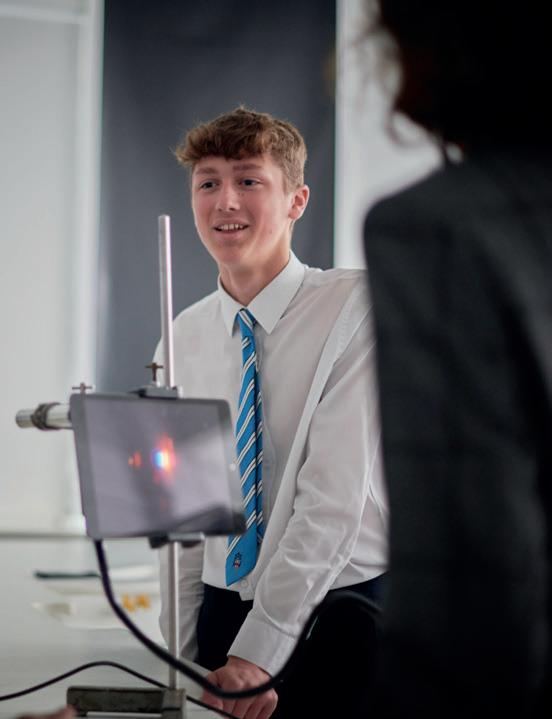
There’s never been a more fascinating time to study Politics! This A Level subject gives students a grounding in the current affairs of the UK and other countries, notably the USA.
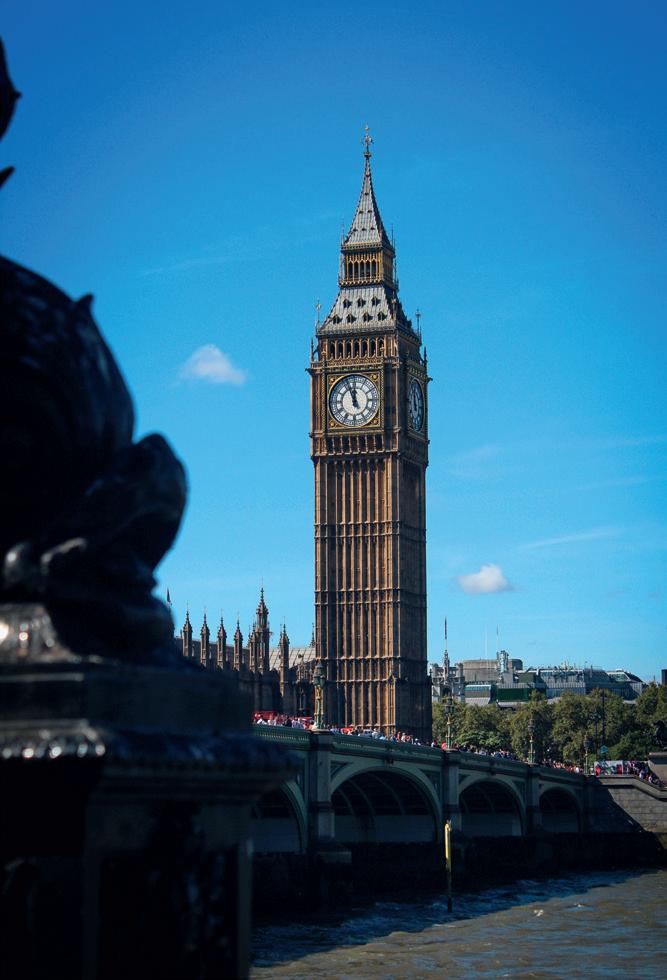
Politics is an inter-disciplinary subject that brings together the study of history, economics, sociology and psychology. If you are interested in democracy, society and current affairs then this is the subject for you. Students are encouraged to attend the Politics Society which meets each week to discuss the latest political news stories. History Society will also be of interest to prospective Politics students.
The Politics course abounds with contemporary life, controversy and colour. You will have the opportunity to debate political ideas in depth and relate your own political beliefs to the policy-making process. It is a subject grounded in the real world yet underpinned by academic rigour.
Students must fulfil the entry requirements of Wolverhampton Grammar Sixth Form and achieve a minimum Grade 6 in History and/ or Geography, Religious Studies or English Literature GCSE/IGCSE. It is not a requirement to have studied Politics at GCSE.
You will be expected to keep up with the news by watching it on television, reading a quality newspaper and regularly accessing the websites of reputable news organisations. You should come to class well-prepared and ready to discuss. You will need fluency on paper too, in short answers and essays, and the capacity to respond to political stimulus material.
WHAT NEXT?
• Parties, Parliament and policy in the UK
• Key political thinkers and ideas
• The politics and government of the USA
Students who have studied Politics at A Level from Wolverhampton Grammar School have gone on to study at prestigious universities. It can lead to careers in the Civil Service; local Government, Parliament, Social Research, Business Management, the Diplomatic Service, Market Research, Journalism, Public Relations and many more.
Old Wulfrunian, Robert Jenrick, is a former Secretary of State for Housing, Communities and Local Government and MP for Newark since 2014, erstwhile seat of four time Prime Minister William Gladstone.
Psychology is a popular A Level subject at Wolverhampton Grammar School and complements many other courses of study particularly Biology but also Religious Studies, although there is no prescribed preferental combinations. All students can attend the Psychology Support and Extension lunchtime sessions.
You will learn a range of skills as well as the academic discipline itself. The expert staff who teach you will guide and coach you to actively ‘do’ psychology as opposed to simply study its central assumptions. Psychology is a subject that suits anybody who wants to gain scientific insight into behaviour. It is about unravelling the myths surrounding much of human behaviour and offering empirically testable theories, grounded in controlled experiments. The aim is for stereotypical assumptions to be dismantled and be replaced with concrete, factual analysis instead.
Psychology has also, importantly, been upgraded in status as a science at A Level and this may well be a welcome additional consideration for those who are already intending to include it in their studies but also for those wishing to study Medicine.
Students must fulfil the entry requirements of Wolverhampton Grammar Sixth Form and achieve a minimum Grade 6 in a Science, English and Maths GCSE/IGCSE. In addition, good articulacy and strong English language skills will prove invaluable, alongside a willingness to read much supplementary material. A sound grasp of mathematical/statistical principles and perhaps Biology, would be advantageous.
The curriculum is designed to focus on the study of human behaviour and explores a number of topics including:
• Social influence
• Memory
• Attachment
• Psychopathology
• Approaches in psychology
• Biopsychology including Neurology
• Research methods
• Issues and debates in Psychology
• Forensic Psychology
• Relationships
• Schizophrenia
Paper 1
Introductory topics in Psychology
2 hours
33.3% of A Level
Paper 2
Psychology in context
2 hours
33.3% of A Level
Paper 3
Issues and options in Psychology
2 hours
33.3% of A Level
WHAT NEXT?
There is a range of undergraduate degree options available to you including psychology, law, neurology and criminology; forensics, education, clinical psychology and many more
Psychology is a broad discipline and offers a range of transferable analytical, communication, and interpersonal skills. As a Psychology student you could enter a career in which your knowledge of psychology is a useful foundation, including but not limited to: Broadcasting; Journalism, Human Resource Management, Marketing, Social work, the Probation Service and the Civil Service.
A name which serves to underline the multi-faceted nature of this modern A Level course, Religious Studies is an inclusive subject, designed for people of any faith or none. The main prerequisite is a curiosity about the world and the way it works.
Studying Religious Studies develops critical thinking: the ability to analyse a point of view; to develop and reason through argument and the ability to reach a logical and justified conclusion. For this reason it is valued by universities and employers in journalism, government, the law and medicine, amongst many others.
Religious Studies A Level would fit well with any arts based or humanities subjects but could equally be a suitable option for any student who is specialising in the sciences but wishes to retain a link to a more abstract discipline that still relates closely to their other studies.
Students must fulfil the entry requirements of Wolverhampton
Grammar Sixth Form and will be expected to achieve a minimum
Grade 6 in Religious Studies, History or English Literature GCSE/IGCSE.
A LEVEL (AQA)
COURSE COMPONENTS
Philosophy of Religion
• Religious experience
• Evil and suffering
• Self
• Death and the afterlife
Ethics
• Ethical Theory
• Natural Law
• Virtue and Situation ethics
• Issues of life and death
Aspects of religious beliefs
• Teachings
• Values and practices of Judaism
ASSESSMENT
Paper 1: Philosophy of Religion and Ethics
3 hour written paper
50% of total A Level
Paper 2: Study of Religion and Dialogues
3 hour written paper
50% of total A Level
WHAT NEXT?
An A Level in Religious Studies can open the door to a wide range of university and employment opportunities.
Future employers could include the Civil Service and government agencies, as well as nongovernmental organisations (NGOs); schools, colleges and universities (for teaching and research positions); charities, voluntary and not-for-profit organisations; social services and other caring professions; the church and other religious organisations; financial and legal firms; the National Health Service (NHS); PR, advertising, sales and marketing companies; the media; Libraries, charities, art galleries and museums.
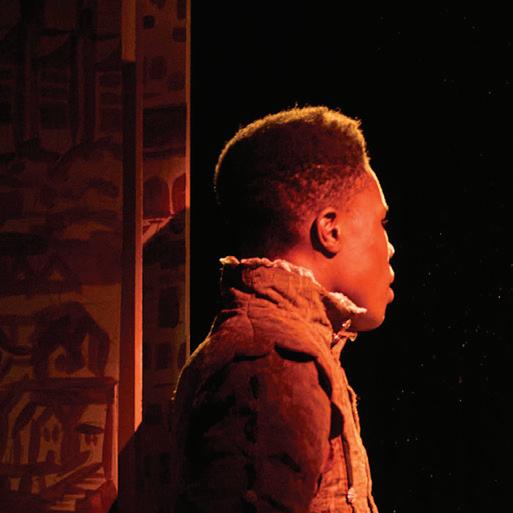
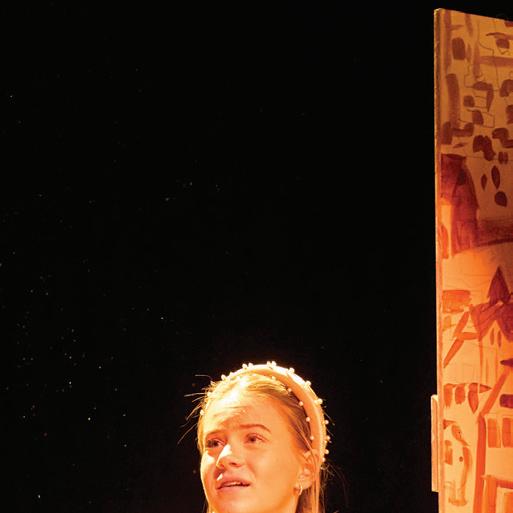


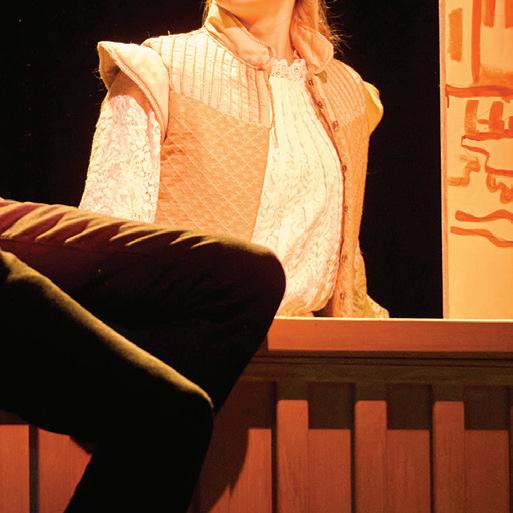
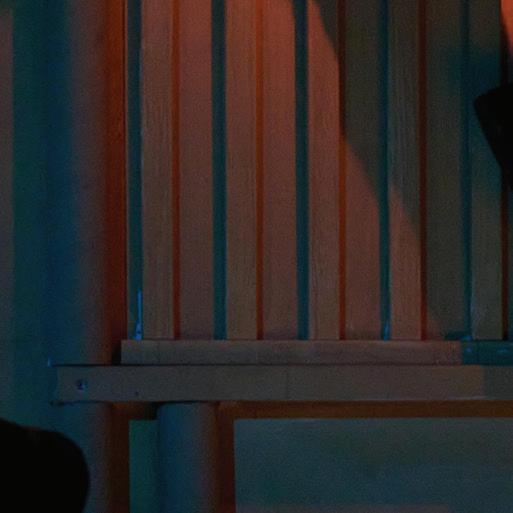

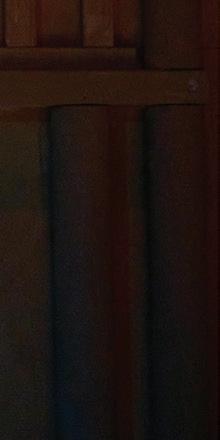

A Level Theatre Studies students take full advantage of the excellent facilities on offer, including the purpose-built Hutton Theatre, which provides a modern professional venue, ensuring student actors and technical support have outstanding physical resources to utilise. Our expert staff can also guide you in set and prop design, lighting, sound, and stage management.
Additional LAMDA acting lessons are available at weekends at Wolverhampton Grammar School as well as a range of opportunities to support all School productions.
Theatre Studies A Level is a creative, practical and academic course. It develops a wide range of skills including spoken communications, project management and design skills as well as supporting progression in a wide range of other subjects.
You will have the opportunity for practical exploration of texts through rehearsal and performance as well as close study of texts that are then examined formally. There are opportunities in the practical components of the course to either perform or design. You will develop a multitude of skills including collaboration and understanding how to amend and refine work in order to make a smooth transition to future study or employment. Theatre Studies is a natural fit with Art, English and Humanities and a very useful adjunct for those studying Sciences. It is highly regarded by university admissions tutors.
Jason studied Theatre Studies, Art and English Literature at WGS. He graduated from the Trinity Laban Conservatoire of Music and Dance with a First Class Honours Degree in Musical Theatre Performance. He is currently appearing in Crazy For You in the West End and has also worked in repertory theatre, UK touring productions and pantomimes. Jason says, “I had great experiences and encouragement at WGS to pursue a career in theatre and performance, and being involved in the School’s drama productions was a great grounding for later professional training.”
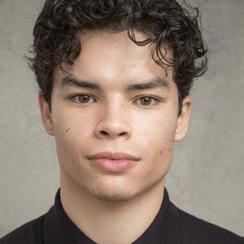
Students must fulfil the entry requirements of Wolverhampton Grammar Sixth Form and achieve a minimum Grade 6 in English or Drama GCSE/IGCSE. Ideally students should also have some previous experience of Drama or practical performance.
An element of this course involves practical work either in performance or design and students should be willing to commit to the time, when required, for those parts of the course that occur outside classroom either in technical preparations or rehearsal and performance.
Component 1
Devising - 40% weighting
Component 2
Text in Performance - 20% weighting
Component 3
Written examination - 40% weighting 2 hours and 30 minutes
• Devising Theatre Performance
• Live Theatre Evaluation
• Page to Stage: Realising a performance
• Text and Interpreting a Performance Text
WHAT NEXT?
Theatre Studies students become confident, outgoing, organised and independent communicators and decision makers; just the kind of skills that are attractive to universities and employers alike. The academic results in Theatre Studies are consistently outstanding and students have gone on to study a variety of disciplines at leading universities and drama schools. Many students are now writing, performing and working on the professional stage. Other graduates have secured positions in sectors such as the media, advertising and business. Their skills of communication and management developed as part of this subject have supported their professional progression.
We are now in our fifth year of offering the Cambridge Technical Introductory Diploma in IT Level 3 at WGS. 82% of our students have achieved Distinction* or Distinction since the course started at WGS, with all others achieving Merit grades. This award offers the benefit of the same UCAS points as an A Level ICT course but with the added value of a more practical and applied course, making it incredibly attractive to universities and employers alike.
Designed in collaboration with experts spanning the breadth of the sector including IBM, Cisco and the University of Bath, this qualification offers specialist pathways with a focus on the Application Developer. By the end of the course, students will be able to demonstrate the skills of writing specifications, and the design, build, testing and implementation of applications. This can lead on to any degree course in IT, Business or Computer Science, as well as being ideal preparation for careers in software or application development, IT support or computer programming.
• Fundamentals of IT
• Global Information
• Application Design
• Games Design and Prototyping
• Web Design and Prototyping
Students must meet the entry requirements of Wolverhampton Grammar Sixth Form. Students will have an interest in computers and digital technology and will be encouraged to learn how to use specialist software such as Appshed, Wix and GameMaker Studio so that they can add extras to their products in order to achieve the highest marks.
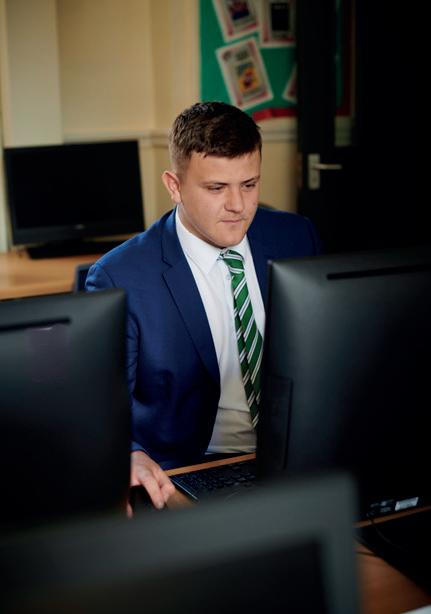
Units 1 and 2 are assessed through written exams. The remaining 3 of the 5 units are internally assessed coursework. Coursework is then externally moderated.
Unit 1 – Fundamentals of IT
One 90-minute exam worth 25% of qualification
Unit 2 – Global Information
One 90-minute exam worth 25% of qualification
Unit 6 – Application Design
Coursework internally assessed and externally moderated.
Unit 15 – Games Design and Prototyping
Coursework internally assessed and externally moderated
Unit 21 - Web Design and Prototyping
Coursework internally assessed and externally moderated.
IT is used in areas as diverse as manufacturing, education and medicine, and IT skills are valued in virtually all areas of business and society. It is a useful subject which further develops the use of applications, and works well in combination with subjects like Business Studies and Economics, or even Music and Art.
IT is offered by universities either as a single subject or in combination with a wide range of subjects, e.g. IT and Psychology; IT and Business; IT and Multimedia. The advanced skills you will develop will also be valuable in gaining many types of employment. IT has grown in importance as a subject, to the point where large businesses such as BA, BT, Ford, Fujitsu, IBM, Morgan Stanley, Norwich Union, Royal Bank of Scotland, Sainsbury’s, Symantec and Unilever have recently approached universities and formulated a new degree course to meet a need in their industries the IT Management for Business (Hons), or ITMB, Degree.
Studying PE provides the foundation for entrance into a wide variety of higher education courses and careers. If you enjoy being active and understanding the psychology of sports as well as physical aspects of exercise, then this subject is for you.
The Cambridge Technical Diploma in Sport and Physical Education enables students to achieve a one or two A Level equivalent qualification, dependent on the number of modules studied.
An OW Sixth Form Sports Scholarship is available for a talented young sportsman or woman who is currently playing at county, regional or national level in their chosen sport. The OW Sports Scholar will be expected to make a significant contribution to the sporting life of the School, representing WGS in competitive matches and attending relevant training. The award is means tested and for students living in a WV postcode; it covers one full fee-paying place.
• Body Systems and the effects of Physical Activity
• Sports Coaching and activity leadership
• Sports Organisation and development
• Practical skills in sport and physical activity
• Sport and exercise psychology
Students must fulfil the entry requirements of Wolverhampton Grammar Sixth Form and will be expected to achieve a minimum Grade 6 in Biology GCSE/IGCSE.
An element of the Cambridge Technical qualification will require the student to perform, or coach, physical sporting tasks in one discipline to a high standard. However, you will not be expected to be “advanced” yet. Clearly, some degree of proven physical ability and/or determination will be regarded as an asset. It is recommended that you are participating regularly in sport, both in and out of School.
Students are encouraged to take part in a number of team sports and to get involved in the coaching of teams from younger year groups.
Physical Education is the first step on the ladder to becoming an accredited Sports Scientist, Coach or Teacher. It is a challenging course which stretches and engages students in a variety of topics including anatomy, skill acquisition and aspects of the social and historical context of the subject. This subject demands the application of both theory and practice.
External assessment.
The Cambridge Technical is a modules-based course. 3 of the 11 modules are assessed through written exams; the remaining 7 are internally assessed coursework. Coursework is then externally moderated.
Unit 1
Body systems and the effects of physical activity.
Written paper.
1 hour 30 minutes (70 marks)
Unit 3
Sports Organisation and Development.
20% weighting
Unit 4
Working safely in sport, exercise, health and leisure.
Written paper.
1 hour 30 minutes (70 marks)
The Cambridge Technical qualification lends itself well to many university degree courses and careers including
Physiotherapy, Teaching, Sports Management, Coaching and Personal Training, Nutritionist; Sports Equipment & Clothing Design and many more. It has a natural and close fit with subjects like Biology and Psychology. As well as a successful pathway to many universities, studying this subject has also supported students with their competitive sport performance.

At Wolverhampton Grammar School we place the Wellbeing of our students at the heart of everything we do. We know that happy, well prepared and supported students will achieve their potential academically. This ethos runs through our Sixth Form with weekly dedicated lessons with specialist teachers dedicated to Wellbeing.








Our Wellbeing Curriculum incorporates the statutory subjects of PSHE and RSE, helping students to develop the knowledge, skills and attributes that they will need to help them thrive. From making responsible decisions about alcohol to succeeding in their first job, Wellbeing helps students to manage many of the most critical opportunities, challenges and responsibilities they will face throughout their lives.
Wellbeing is a flexible broad-based curriculum which can adapt to world events and developments such as online dangers. At its heart Wellbeing encompasses fundamental British values and has due regard to the nine protected characteristics of the 2010 Equality Act. We are proud to be a diverse community and celebrate this in our ethos and school life.

We encourage our students to receive their ‘Wellbeing Five a Day’ 1. Connect
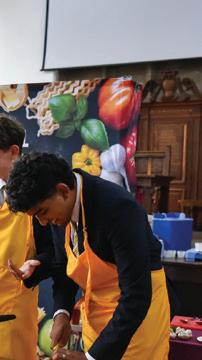
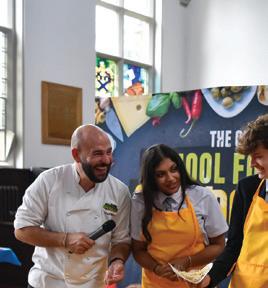

The three themes of Health and Wellbeing, Relationships, and Living in the Wider World will be covered, one per term.







Topics include: Addiction, relaxation techniques, body image, routes to parenthood, critical thinking, positive teenage relationships, online safety, understanding pay slips and employment rights.
Guest Speakers include: Substance Misuse Specialist, First Aid Training and visiting theatre companies on social issues.
The same three themes of Health and Wellbeing, Relationships, and Living in the Wider World will be covered, one per term but with differing topics.
Topics include: Drug and alcohol awareness, understanding teenage relationships, resilience, social media addiction, diversity, safety when travelling abroad and personal finance.

Guest Speakers include: Cooking on a budget, CPR Training and Disability Awareness.

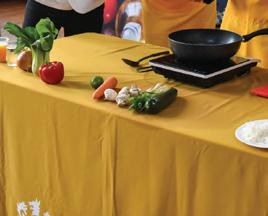
 MAGGIE KEELEY HEAD OF WELLBEING
MAGGIE KEELEY HEAD OF WELLBEING

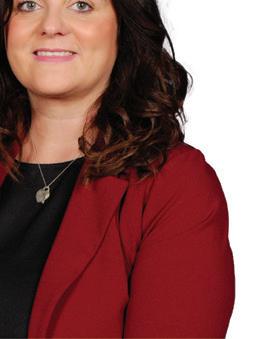

Be Active
Take notice
Keep learning
Give
After Registration at 8.50am, your day might begin with an assembly, a meeting with your House Tutor group, a wellbeing session or a House meeting. Lessons are taught in the Sixth Form Centre or subject-specific areas such as the Science laboratories, Hutton Theatre, Art Studio, Computer suite or Design and Technology block.
The Sixth Form Café is a lovely space to meet and relax with friends or mingle with staff and the Sixth Form team. Coffee and snacks are served at breaktime as well as lunch later in the day. We encourage you to take part in lunch time clubs or even start your own club!

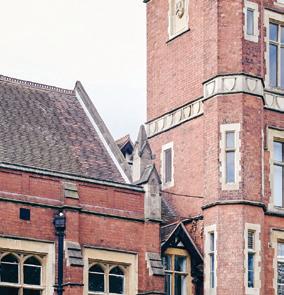
Lessons end at 4pm and after-school life begins. Again there is a whole host of extra-curricular offerings as well as opportunities to help in the Junior School, assist with reading clubs, volunteer in the Jenyns Library, take part in coaching and training or to run clubs for younger students such as Maths Enrichment.
Sixth Formers are not required to wear school uniform but they are expected to dress smartly in professional business attire such as a suit or a jacket and skirt or trousers. Every student wears a tie in the colour of their House. Prefect and Colours ties denote students with positions of responsibility or those who have been recognised for a sporting achievement.
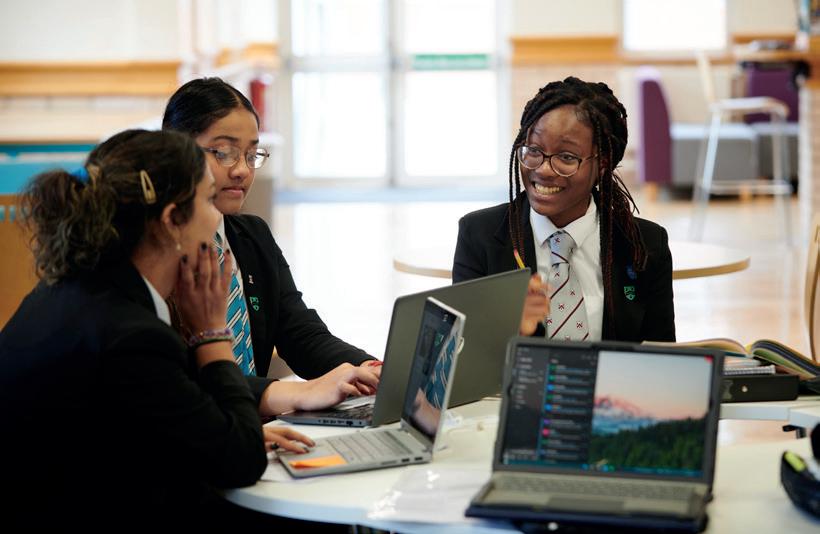

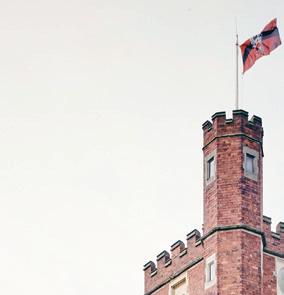
Lower Sixth students stay in school and get involved fully in school life but they benefit from private study periods and will have study leave and more flexibility during the exam season. The Upper Sixth have further freedom to go off-site at lunch time or, with parental permission, may work from home in the afternoons if they have study periods. Our Sixth Formers really value their own dedicated space and greater independence.
“Every Wednesday, Sixth Formers enjoy an afternoon of Games.”

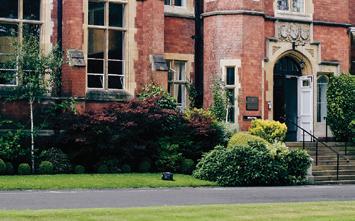







On leaving Sixth Form you are automatically invited to join our community of Old Wufrunians. This now spans over 30 countries worldwide and across several decades of leavers. Belonging to our strong OW community has many benefits for both you and the current school community.



You will have the opportunity to return for events and reunions and to keep in touch with WGS news. Our events range from Class reunions, to sporting festivals, art and drama reunions, as well as the annual Old Wulfrunians Association Dinner. We have an annual London reunion and more recently we have had a reunion in the USA and one planned for the North of England this year. It is a fantastic network to be involved with both personally and professionally. We hope that you will also want to be one of our many OWs who come back to mentor current students and share your university and career experiences.
Over the years many OWs have helped us by making donations to the School. These have supported current students with their studies. This may not be something you can consider for some time but please remember us in the future and we would be delighted to talk to you about making a gift.


The Old Wulfrunians have an annual magazine which records the year’s highlights:

They can also connect online via our platform oldwulfrunians.wgs.org.uk to register for events, read school news and network with each other.


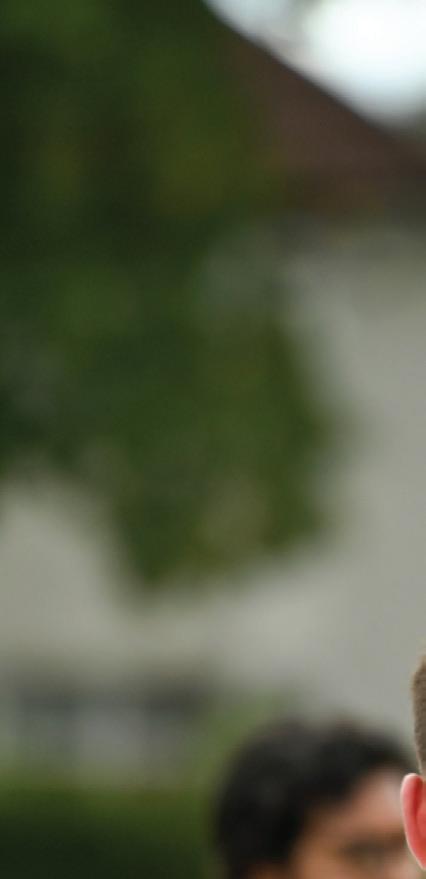
If you would like to know more about our OW community please contact the Development Office on email development@wgs-sch.net or call 01902 421326 (Ext. 251/252)



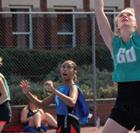

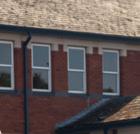
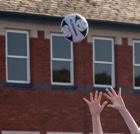
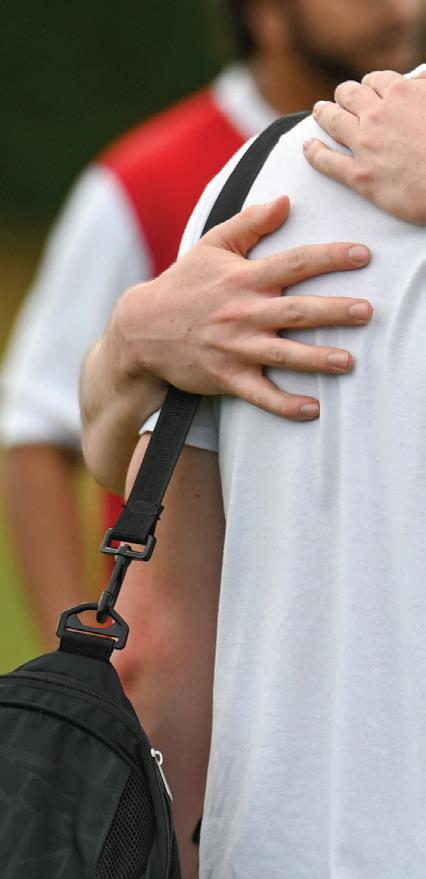
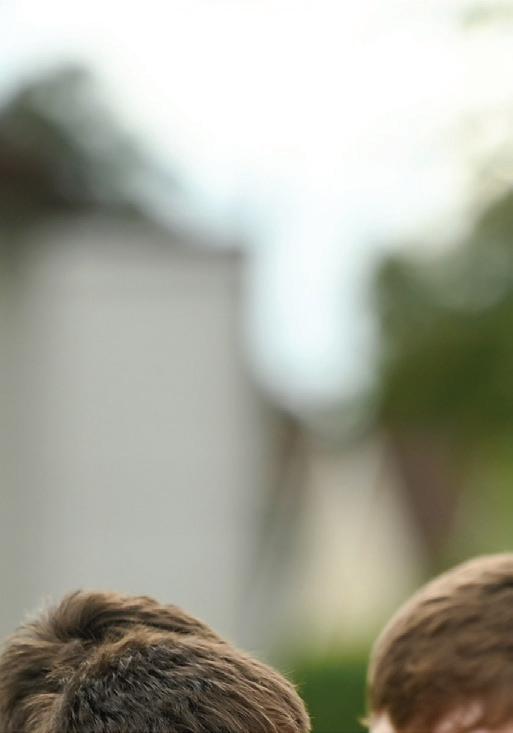
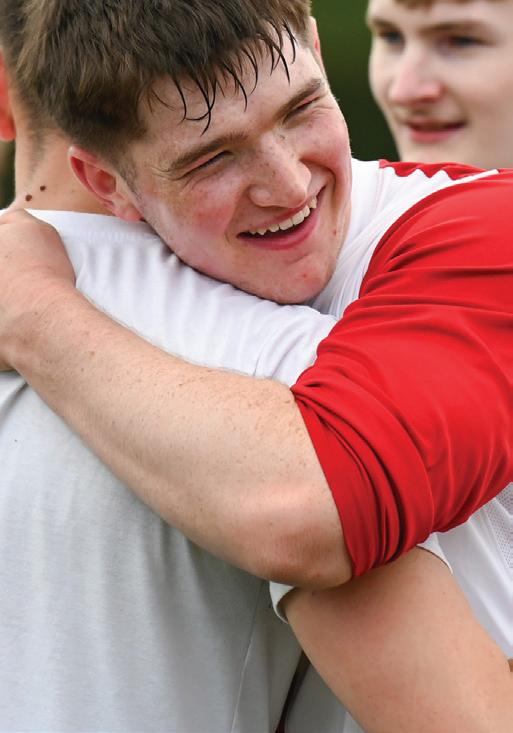


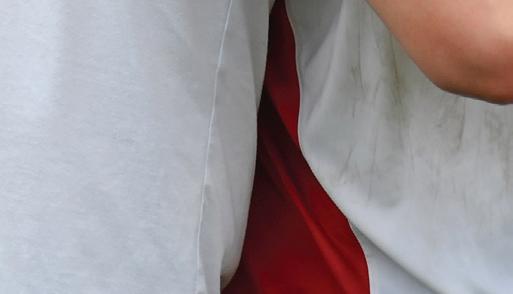
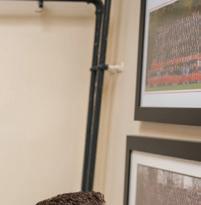
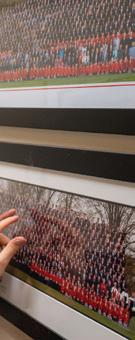

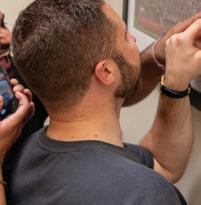
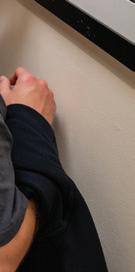
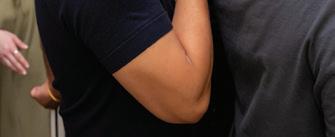


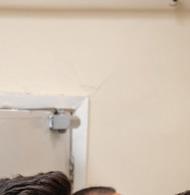








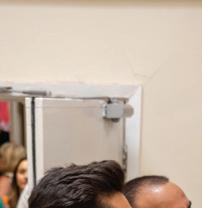

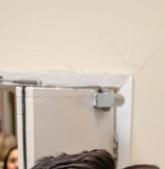
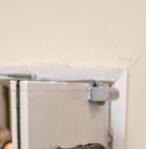




As well as excellent public transport links, Wolverhampton Grammar School is served by a daily school transport service. This operates across the West Midlands and the surrounding counties of Staffordshire and Shropshire. A termly pass, morning or evening only passes or single trip tickets for ad hoc journeys can be purchased. Please contact Diane Hartshorne for further information on dbh@wgs-sch.net.
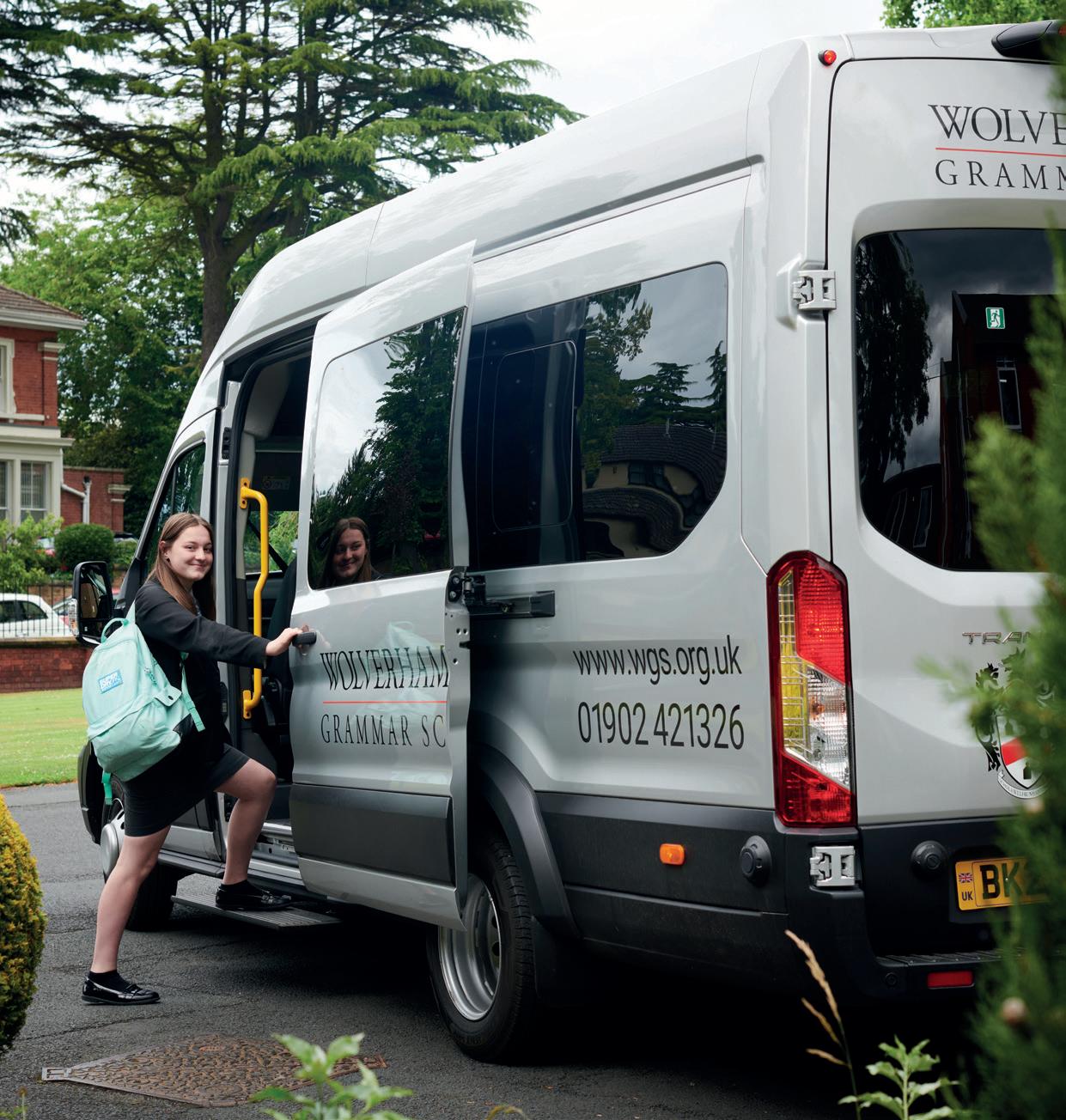
For Sixth Formers who drive, they can apply for a school parking permit. These are free of charge and allocated on a first-come first-served basis as spaces are limited.
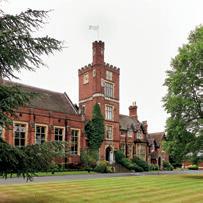
Remember the earlier that you apply, the more flexibility we have to build a timetable to suit the subject options of your choice but it’s never too late to contact us about a place.
• An average GCSE score of 5.5 across a minimum of 7 subjects. This must include a minimum of a 4 in Maths and English Language.
• A minimum of 6 in the majority of subjects* (or associated subjects) chosen to be studied at Sixth Form. (Therefore if Maths and English Language are chosen this will need to be higher than the 4 stated above.) *Specifically in Biology, Chemistry, Physics or Maths we require a minimum of a 7 if chosen to be studied at Sixth Form and an 8 in Maths if students wish to study Further Maths.
• Students who wish to consider undertaking 4 subjects must have an average GCSE score of at least 8.

If you are seeking financial support, you will need to complete a separate financial declaration. Awards of up to 100% may be offered dependent on family circumstances and availability of funding. In order to be considered for a bursary place, as a guideline your household income should not exceed £60,000 per annum.

Sixth Form interviews and Taster days normally take place in the Spring term. Offers to join WGS Sixth Form are based on predicted grades at GCSE/ IGCSE. If you meet or exceed your predictive grades you may accept
Complete our online registration form via our website wgs.org.uk. Application deadline Friday 12th January 2024 for entry in September 2024.
our offer of a place by returning the acceptance paperwork with a nonrefundable fee of £250. If you do not achieve your expected grades, you can still come in to meet our Sixth Form team to discuss your options. The staff are in school on results day and the following day to meet with students.
Ahead of the start of the new academic year, all Lower Sixth students are invited in for an induction day where they can familiarise themselves with the Sixth Form Centre, meet the staff and other students on their chosen courses.
If you would like to be considered for one of our Sixth Form Scholarships, please indicate this at the time of registration. You must fulfil the entry criteria for the Sixth Form in order to be considered for an award. Please contact us if you would like to find out more about the following awards:
• Sixth Form Music Scholarship

• The Old Wulfrunian (OW) Sports Scholarship
• Governors’ Academic Scholarships (Current WGS students only)

“Wolverhampton Grammar school has been a very enjoyable experience for me. The School has allowed me to explore different opportunities to pursue my aspirations in medicine. Opportunities have ranged from educational to sporting, such as cricket and football. The teachers have also guided me in the right direction for my future aspirations.”
To speak to a member of our Admissions team, telephone 01902 422939 or email admissions@wgs-sch.net.
Our Admissions team are also happy to connect you with our Heads of Department if you have any subjectspecific questions.